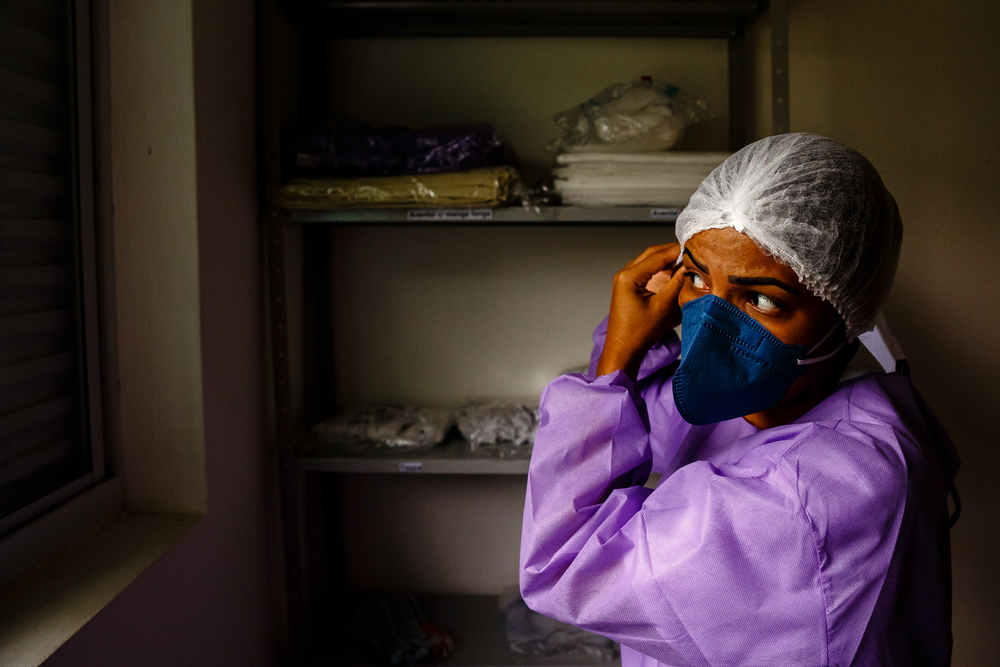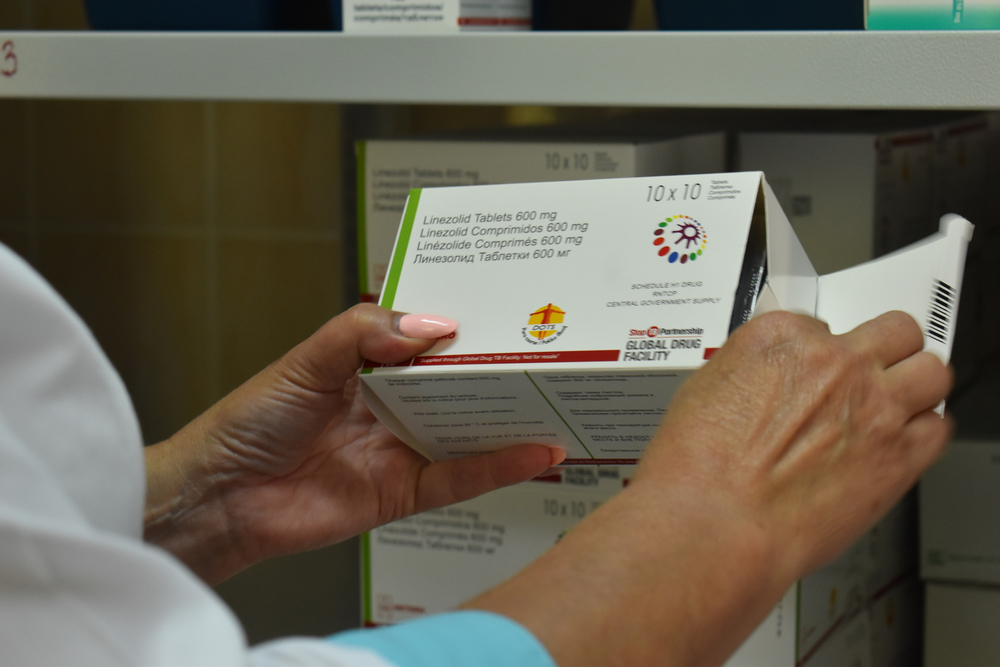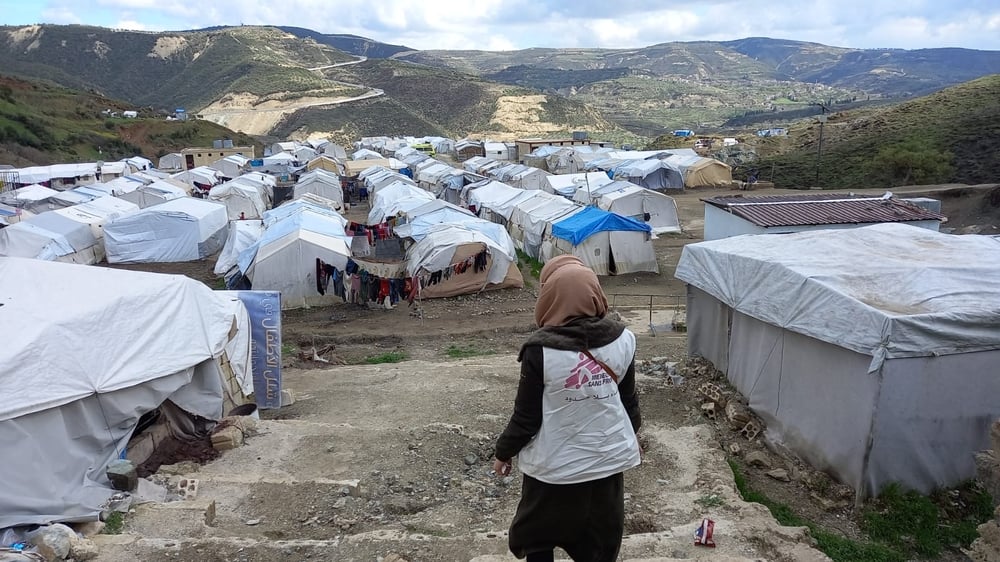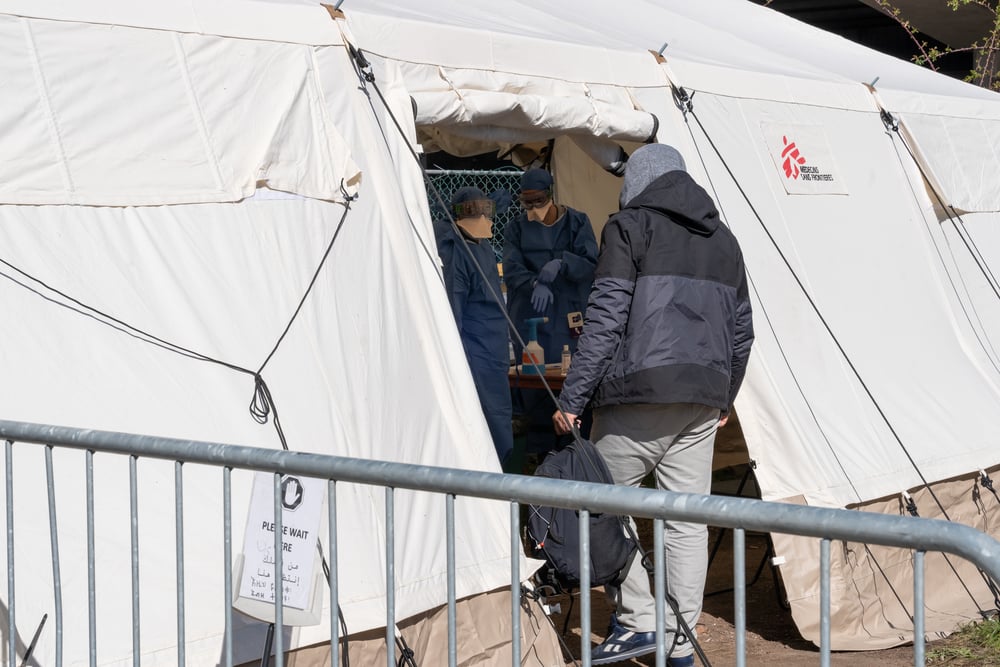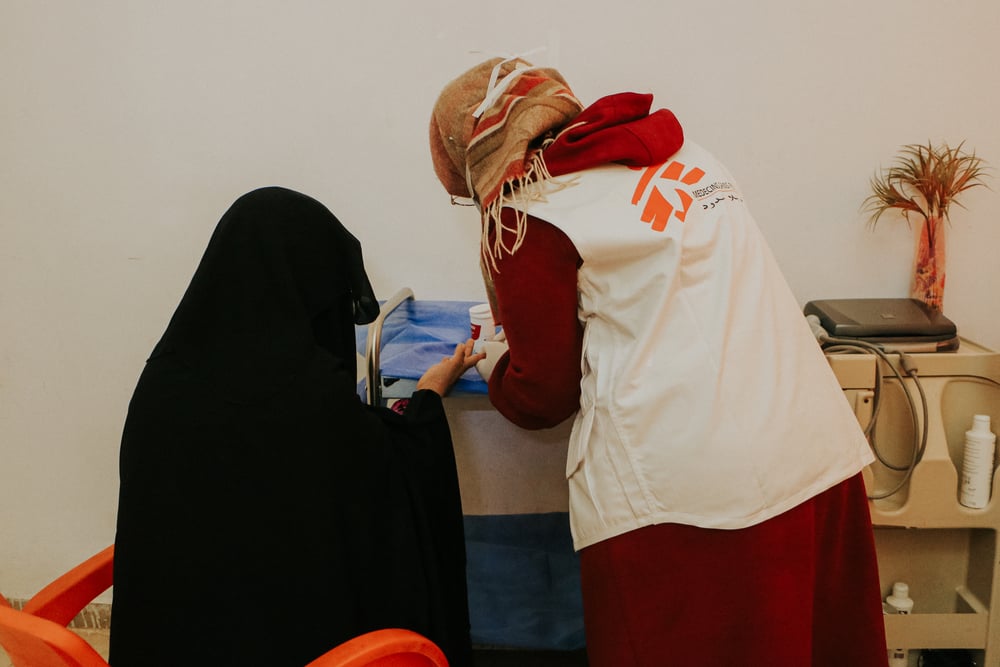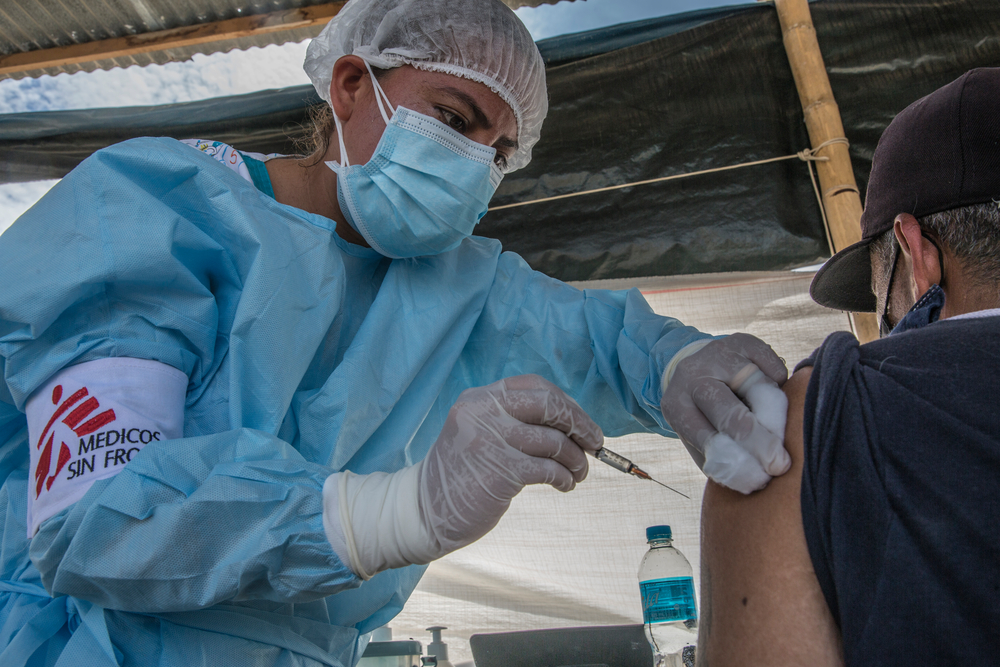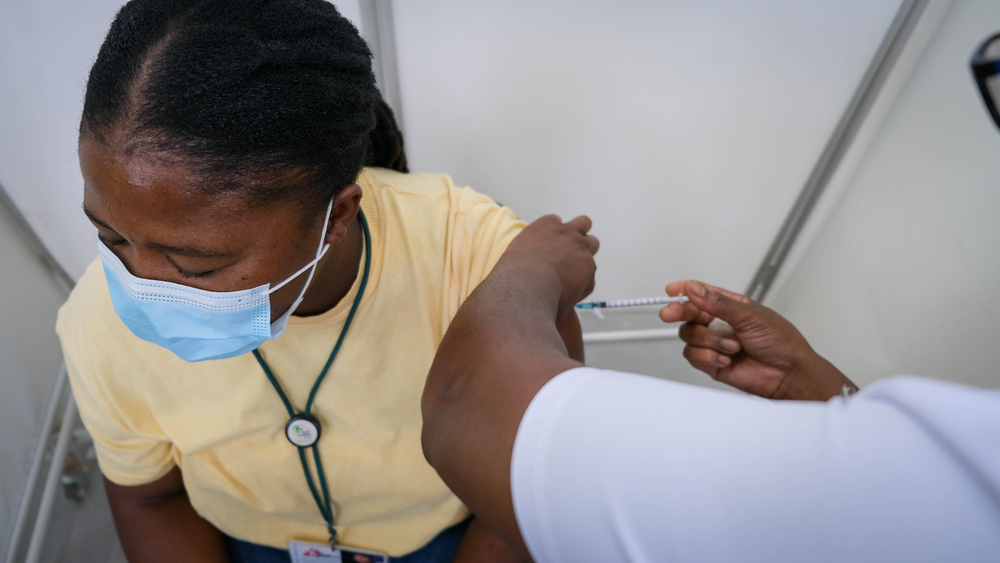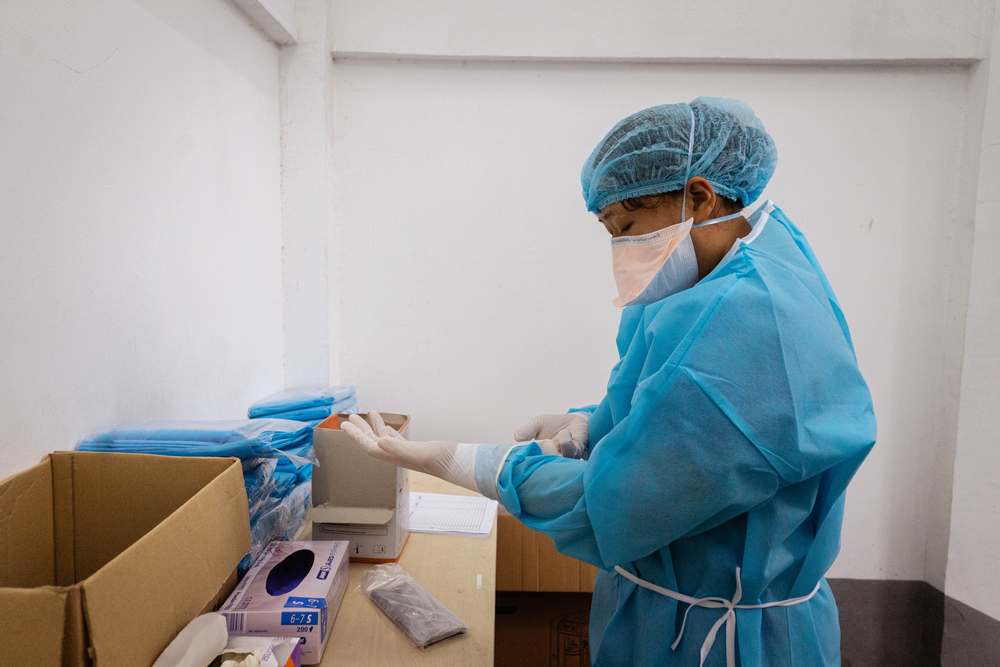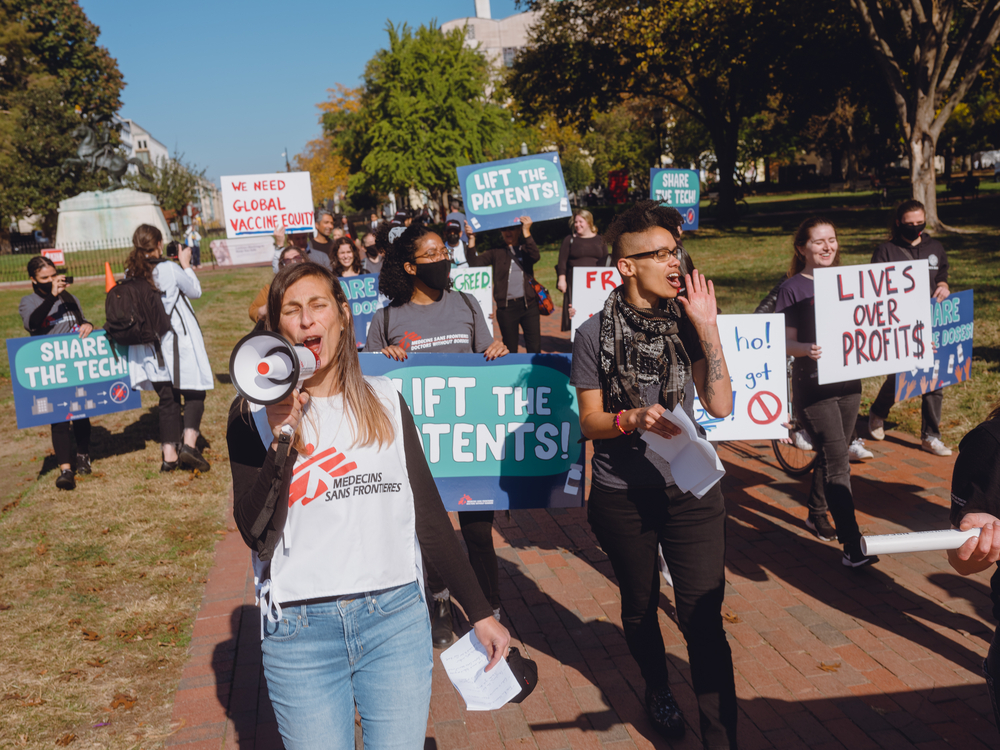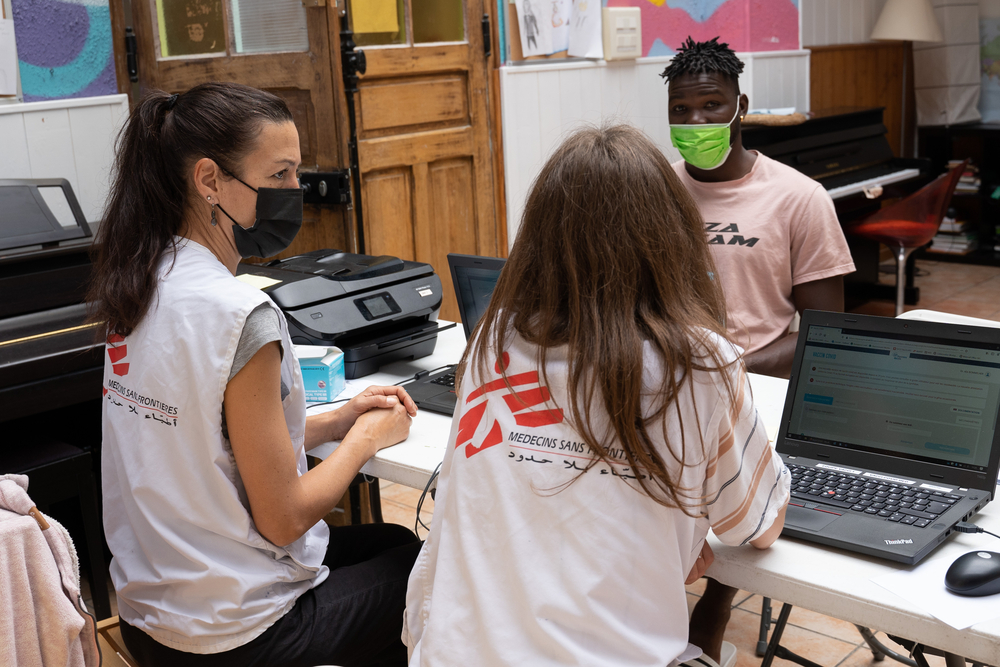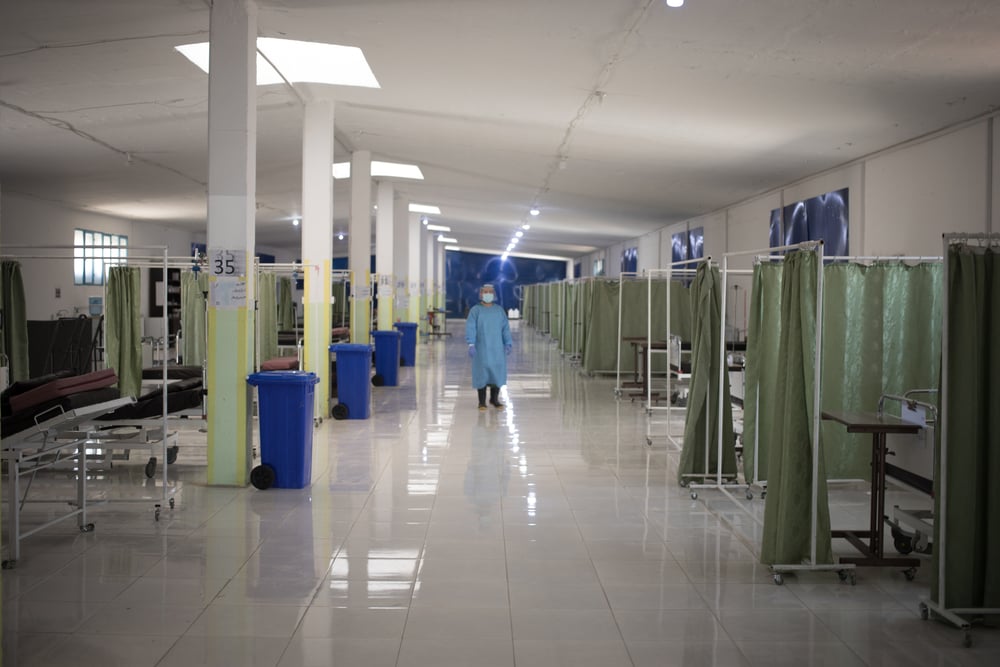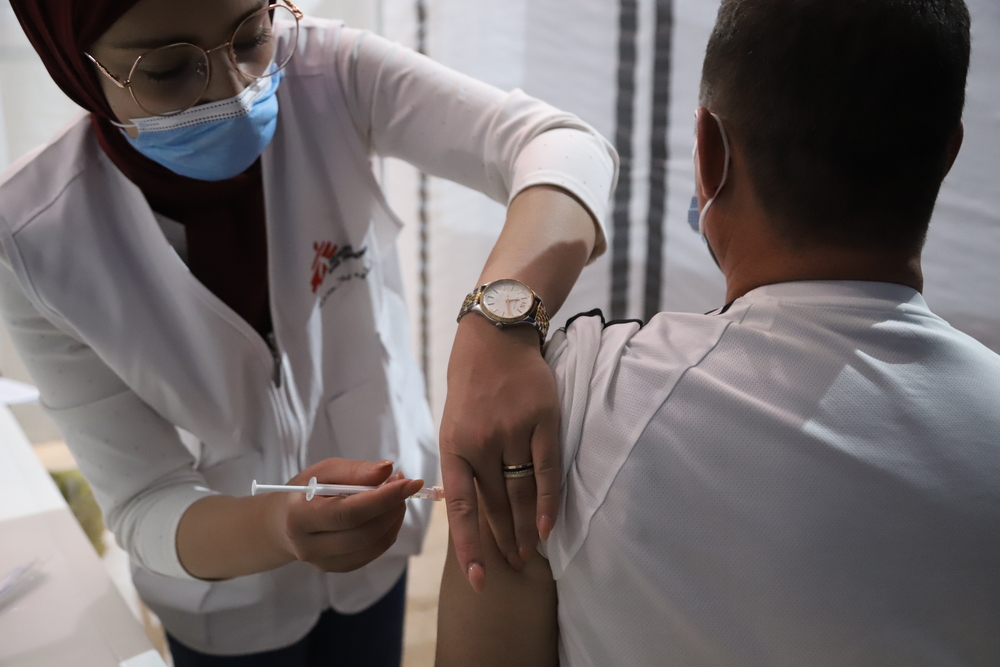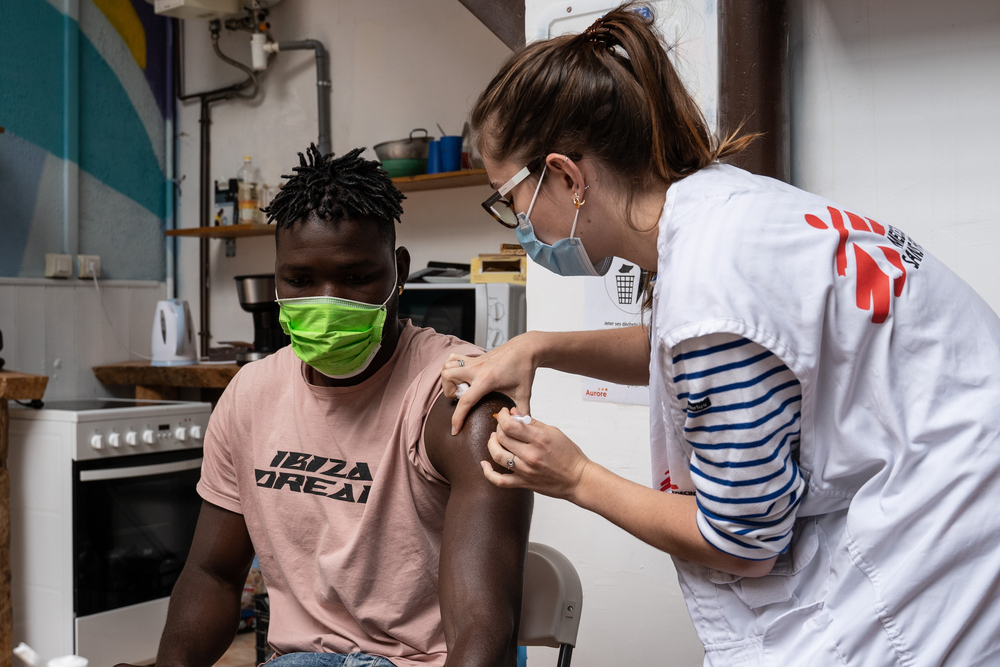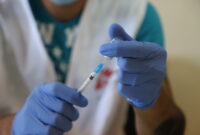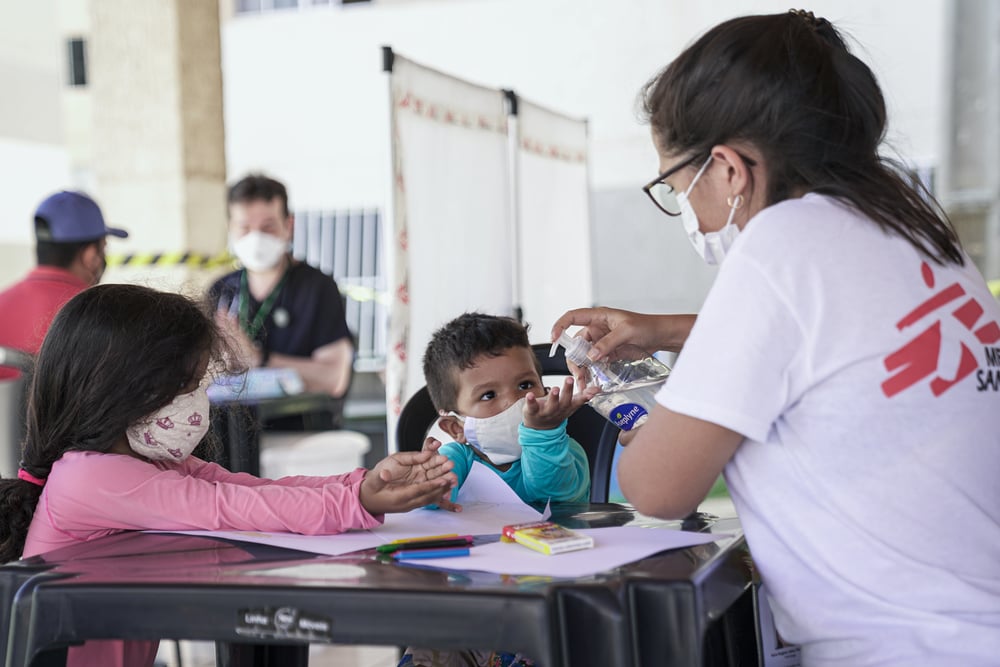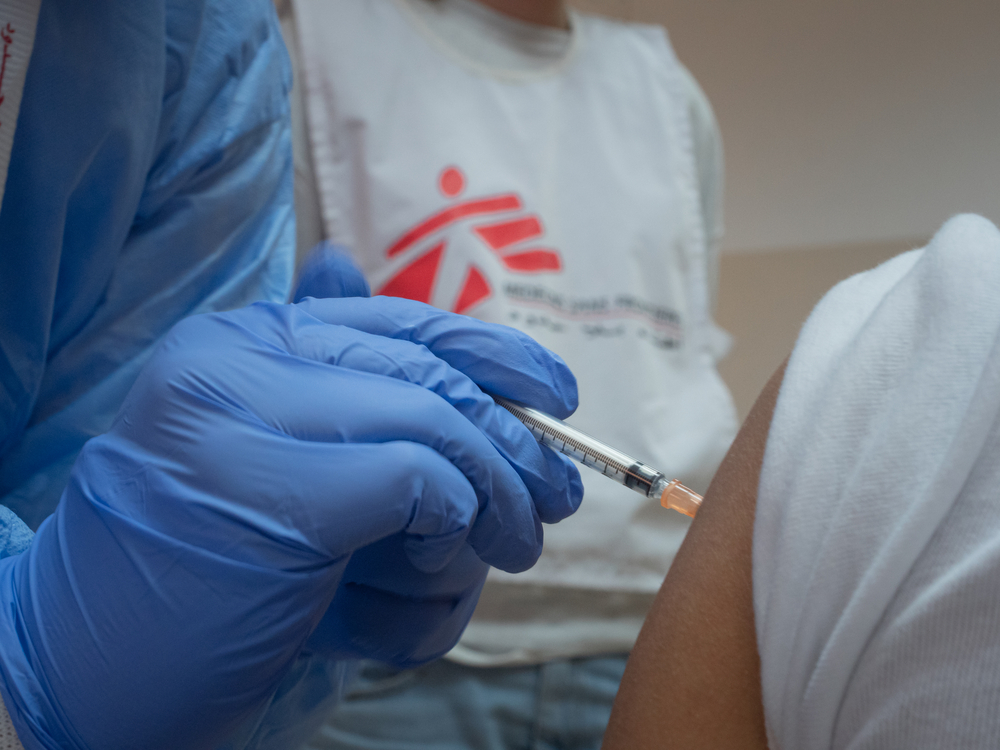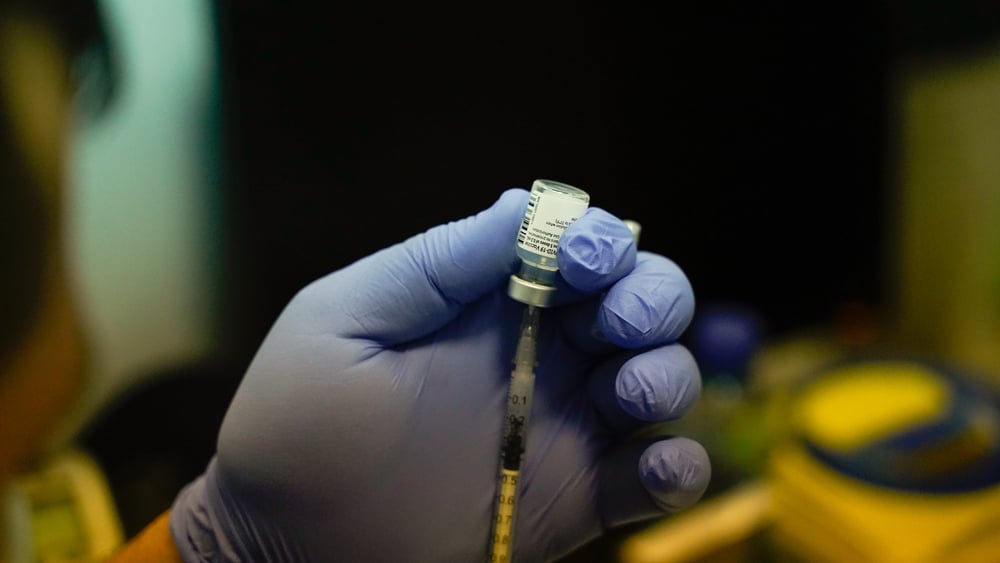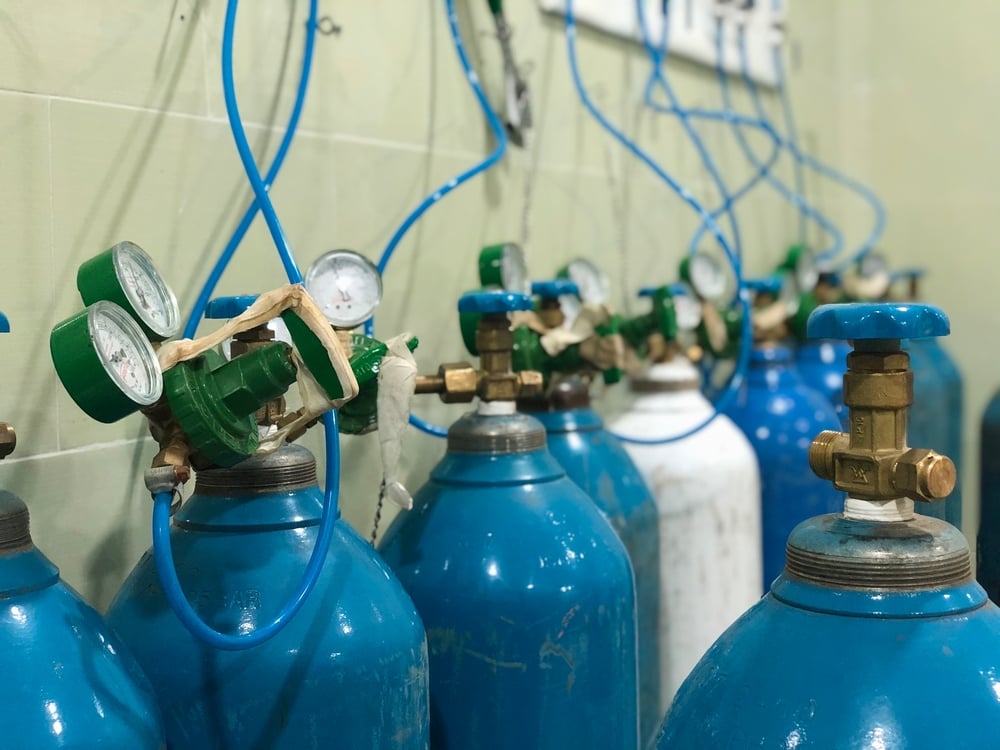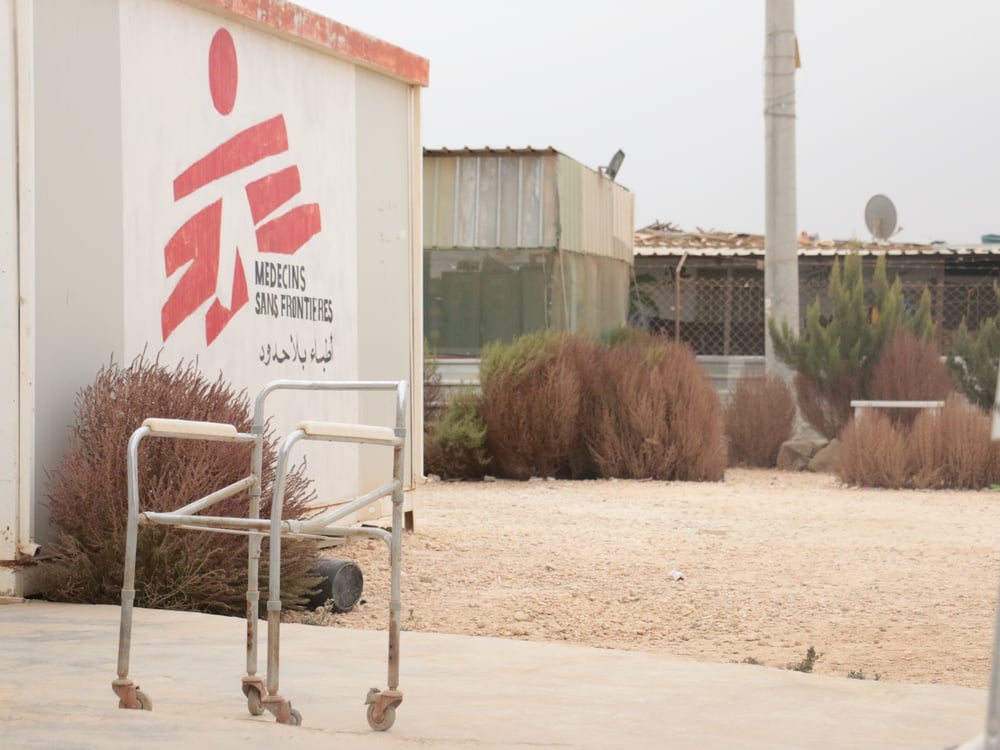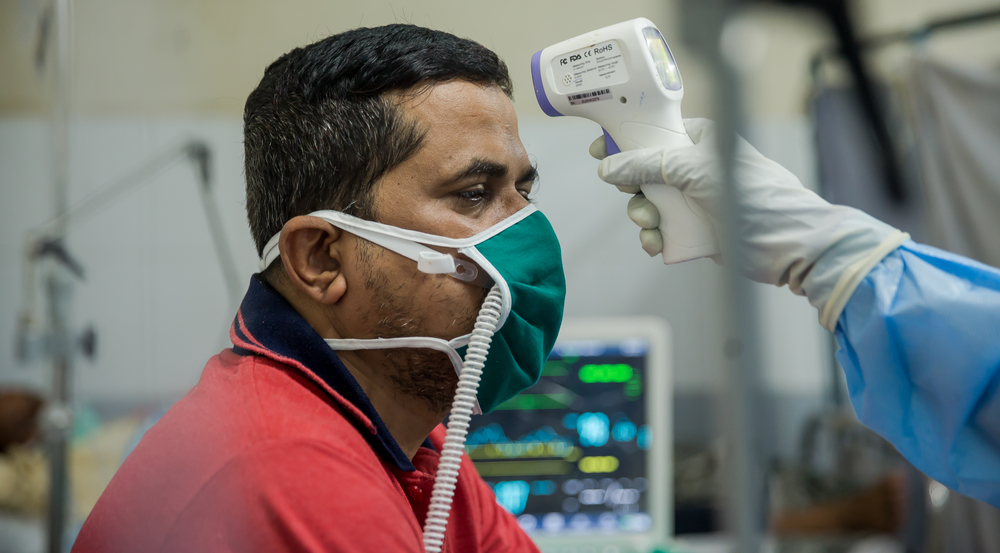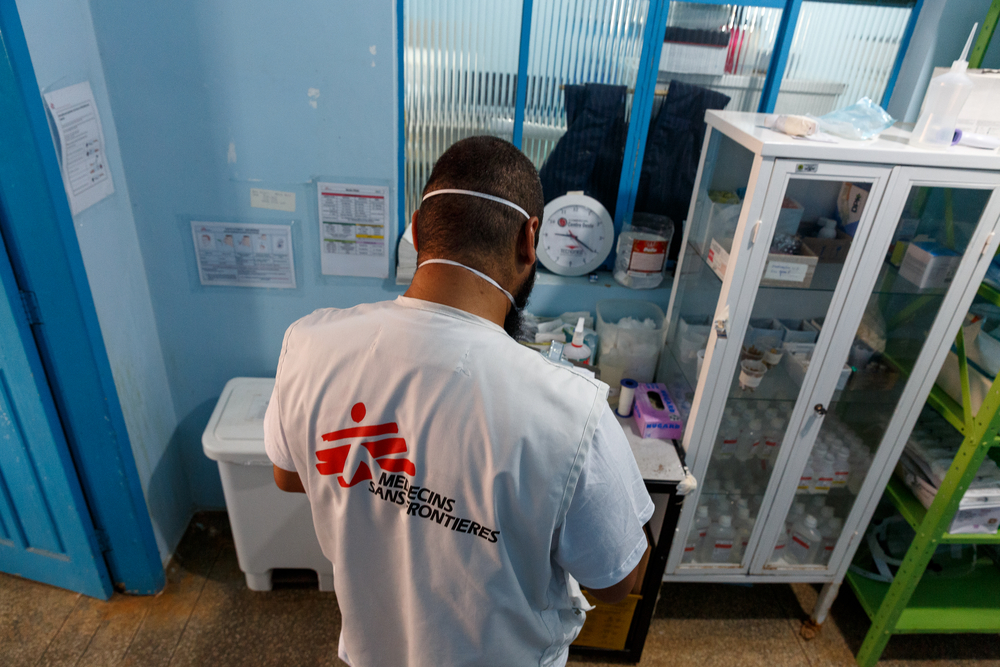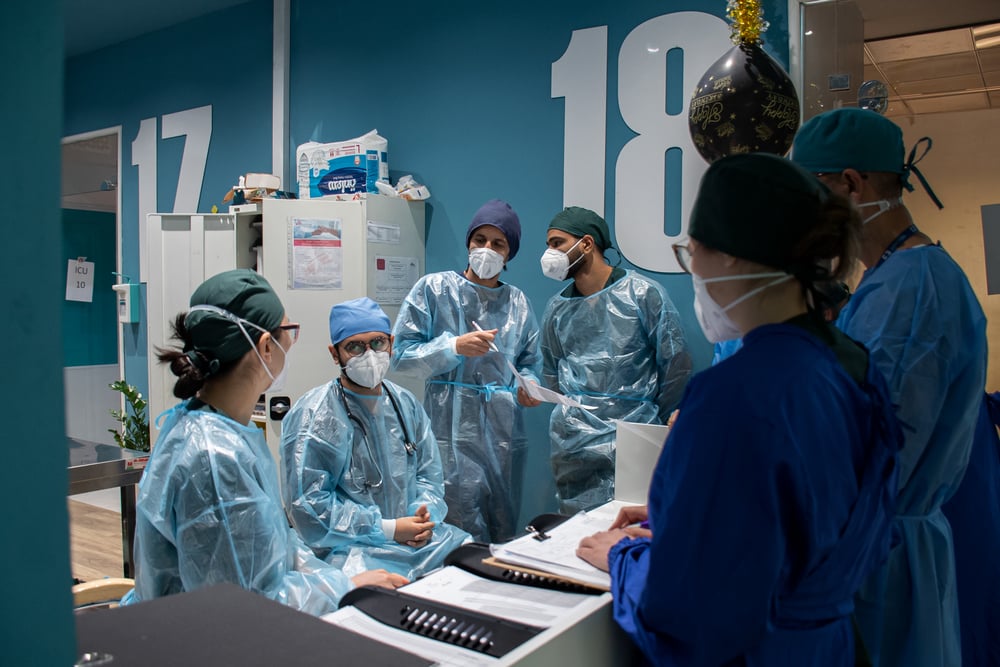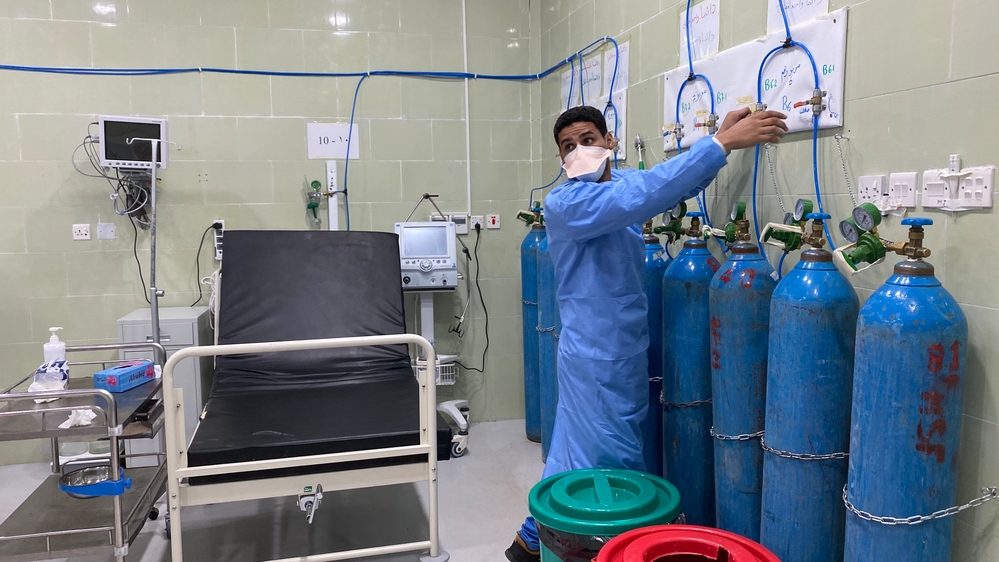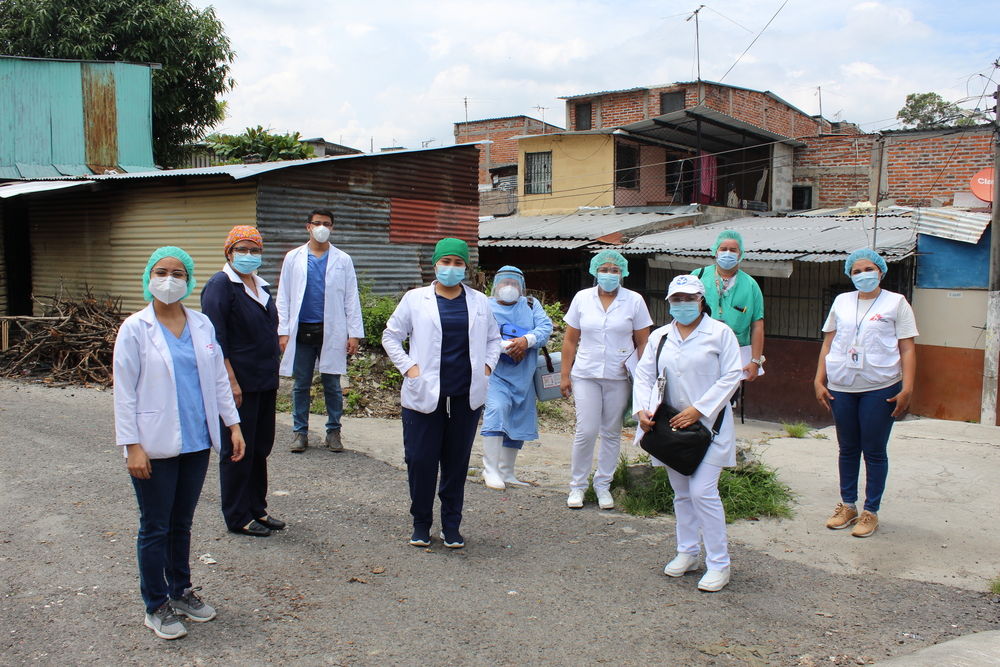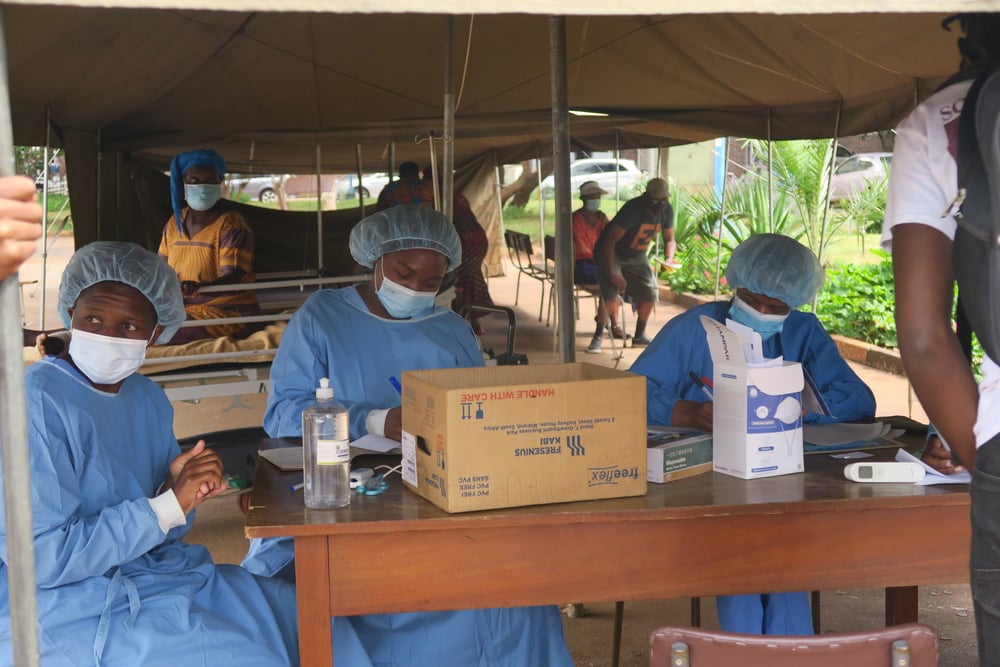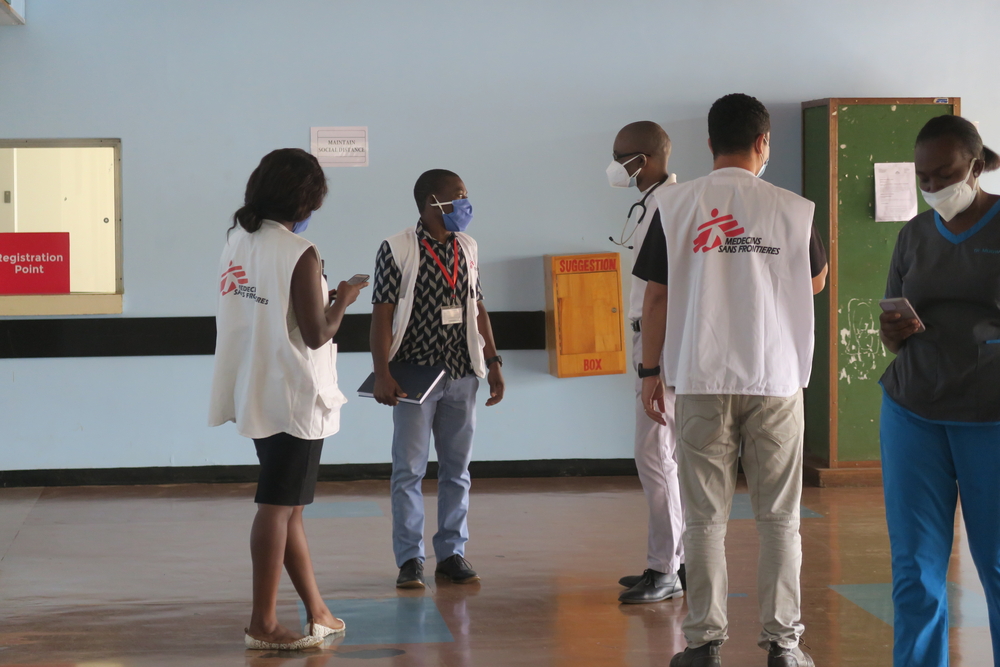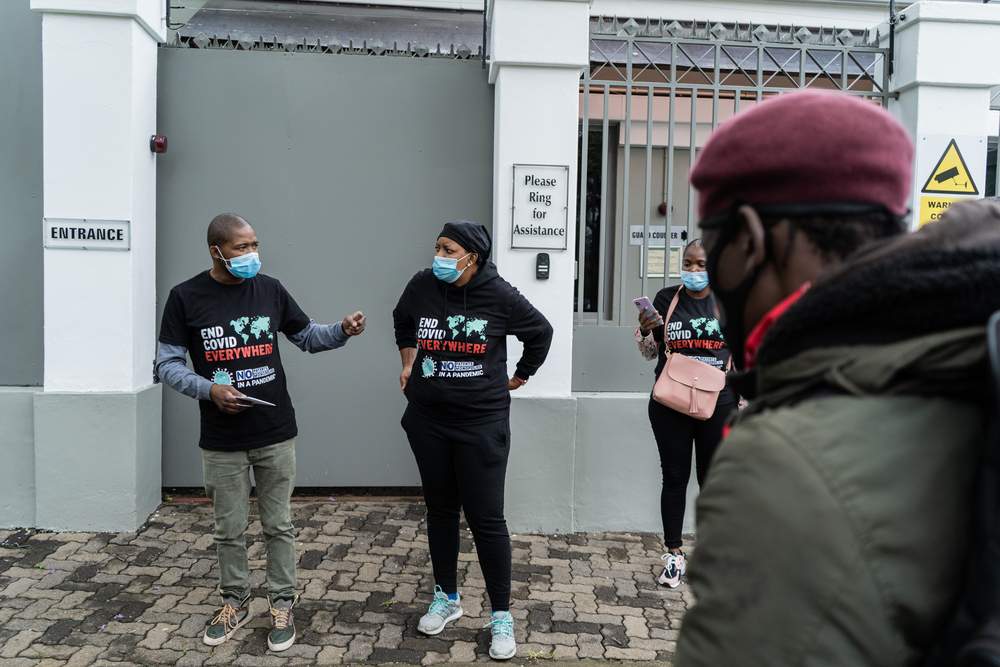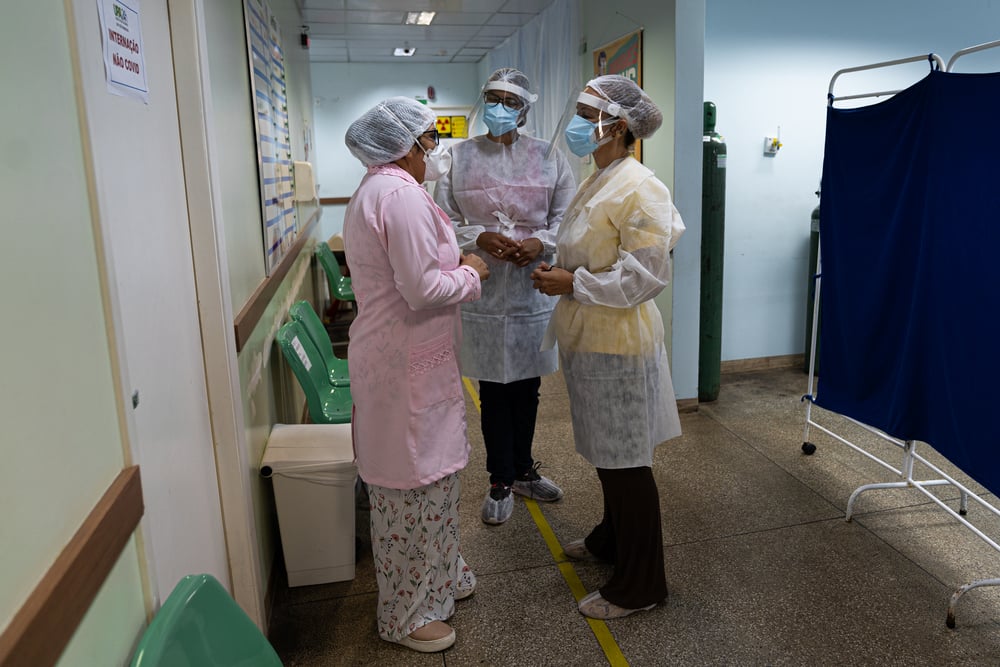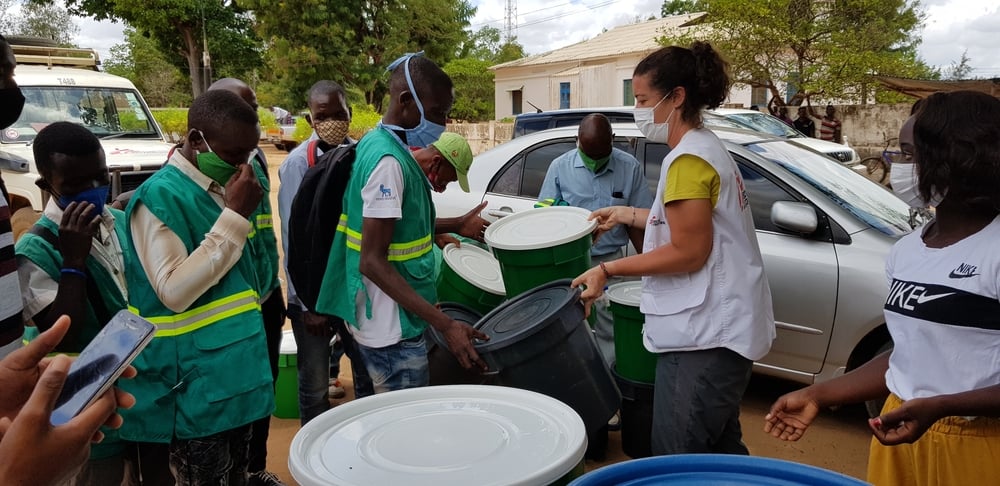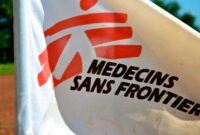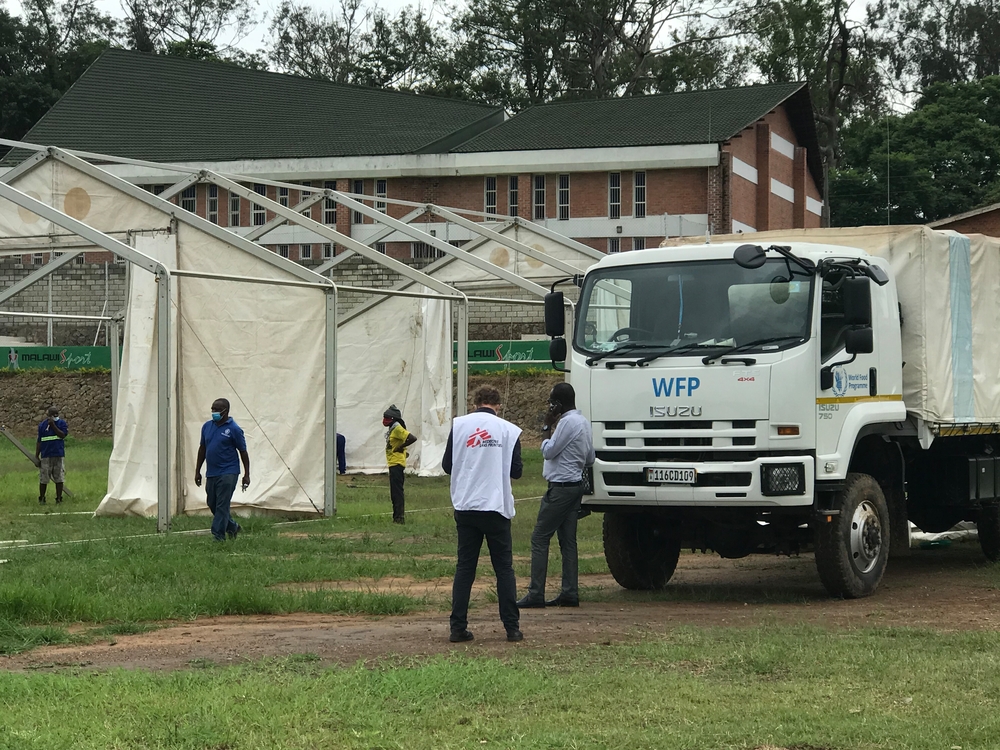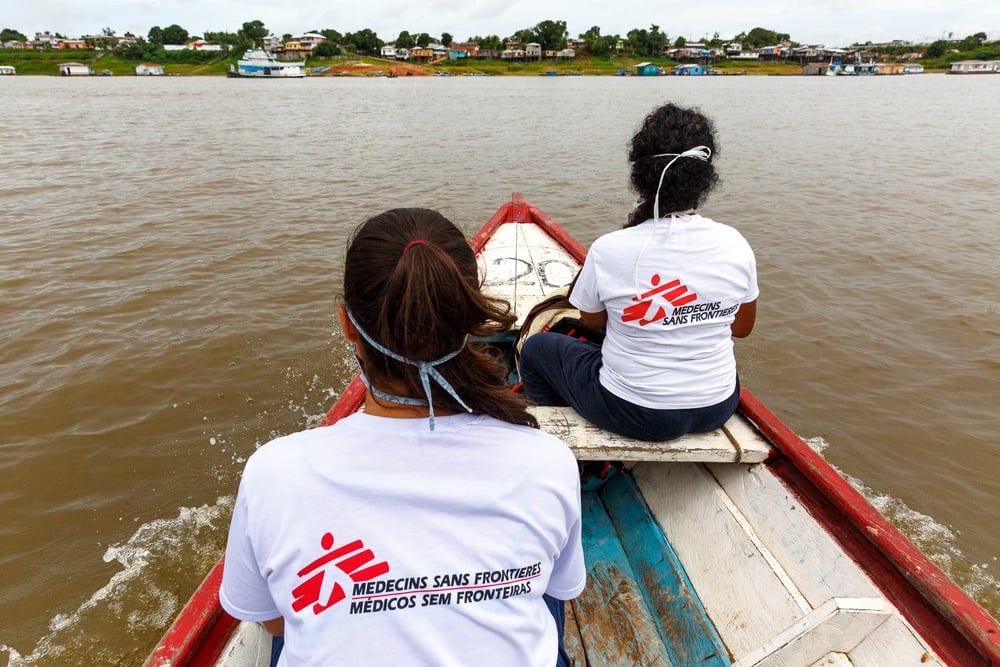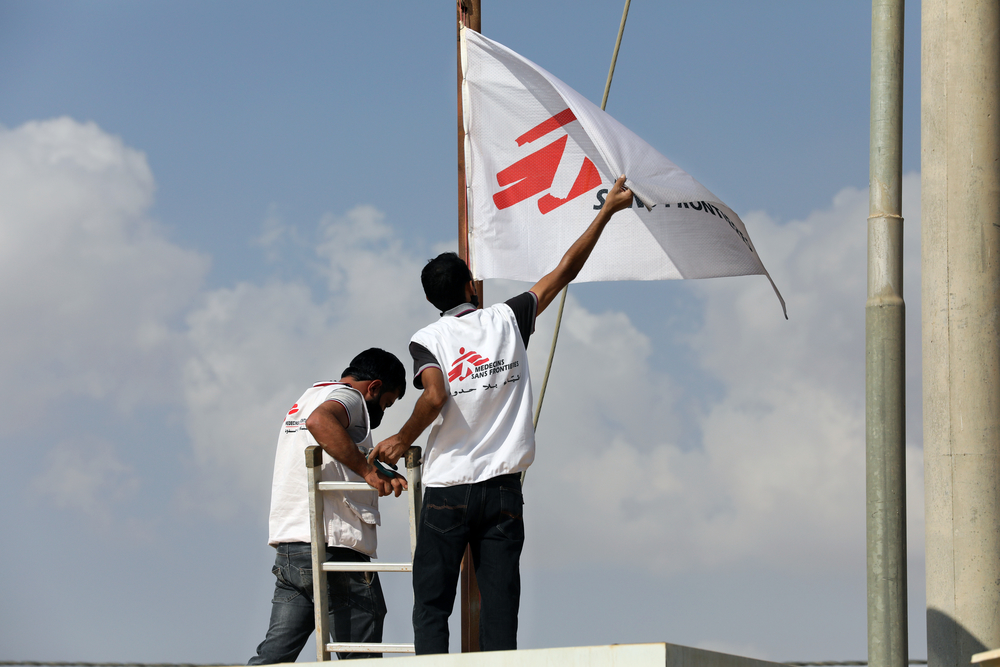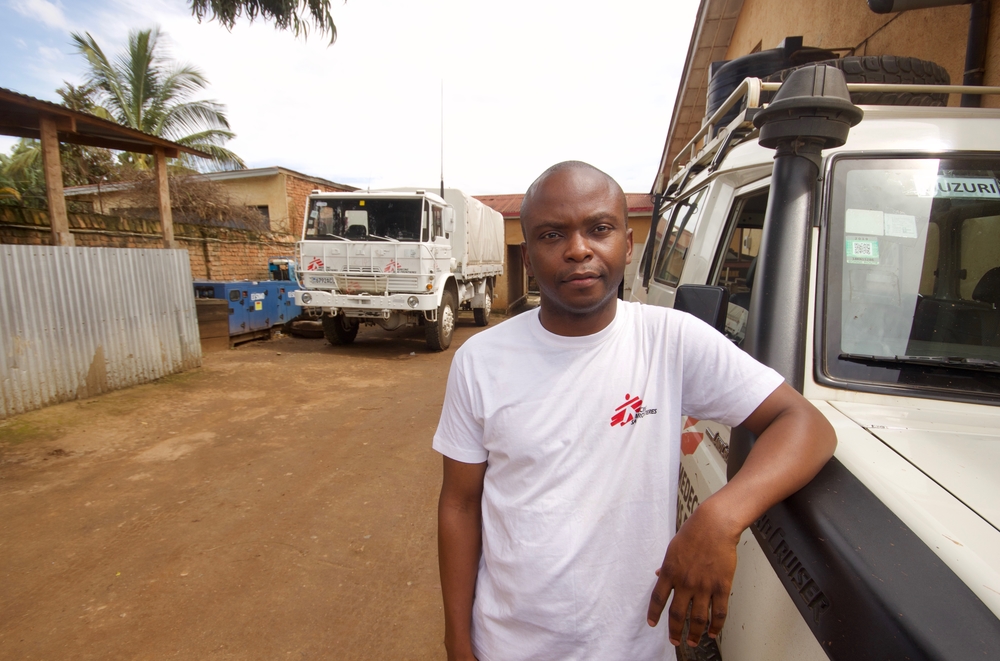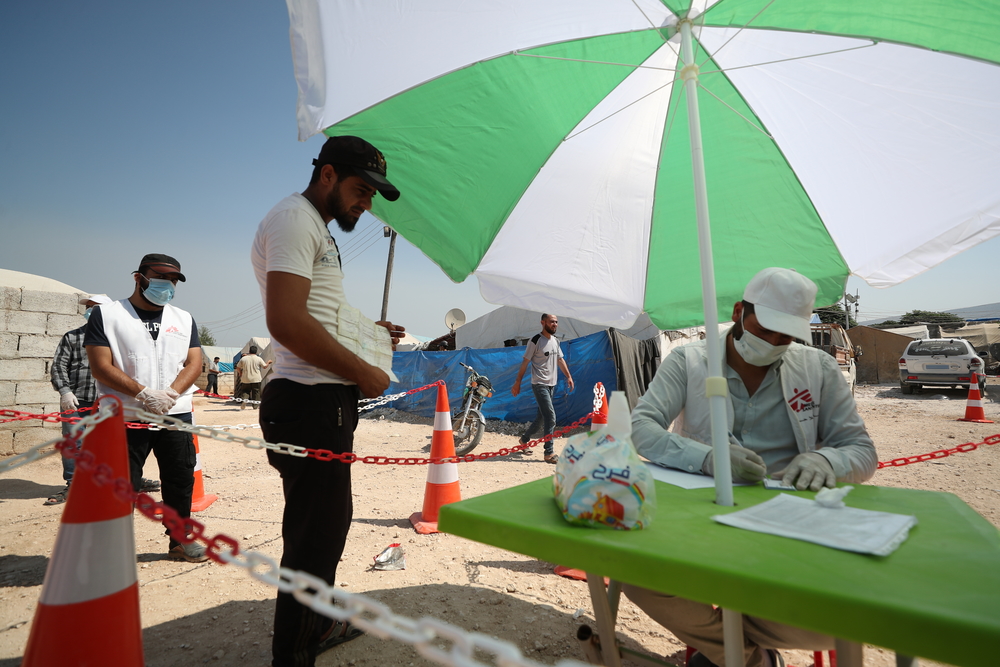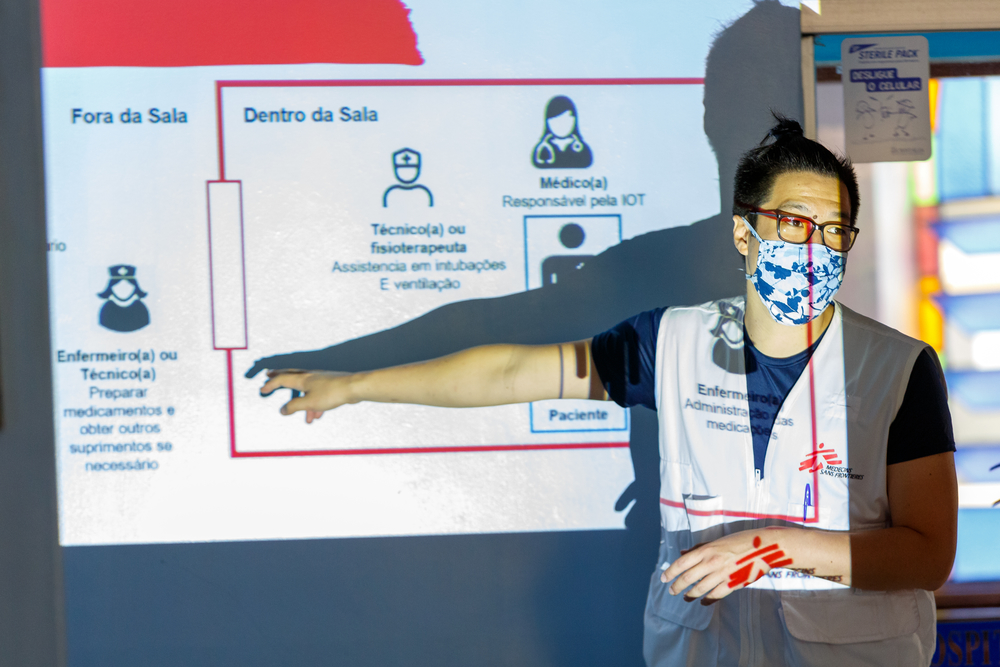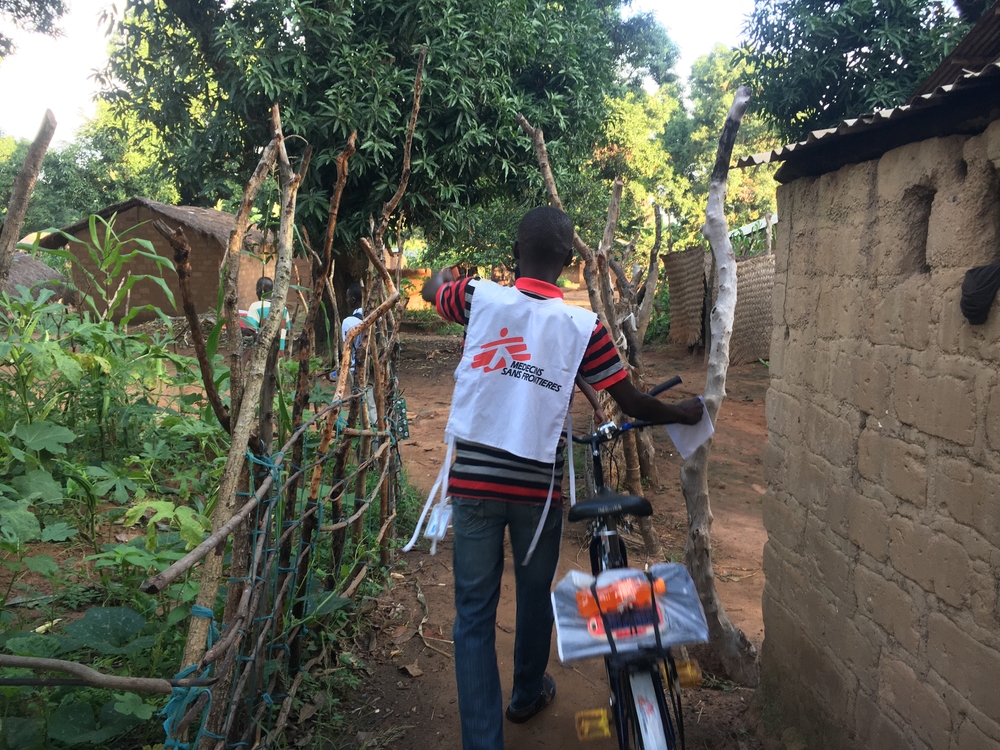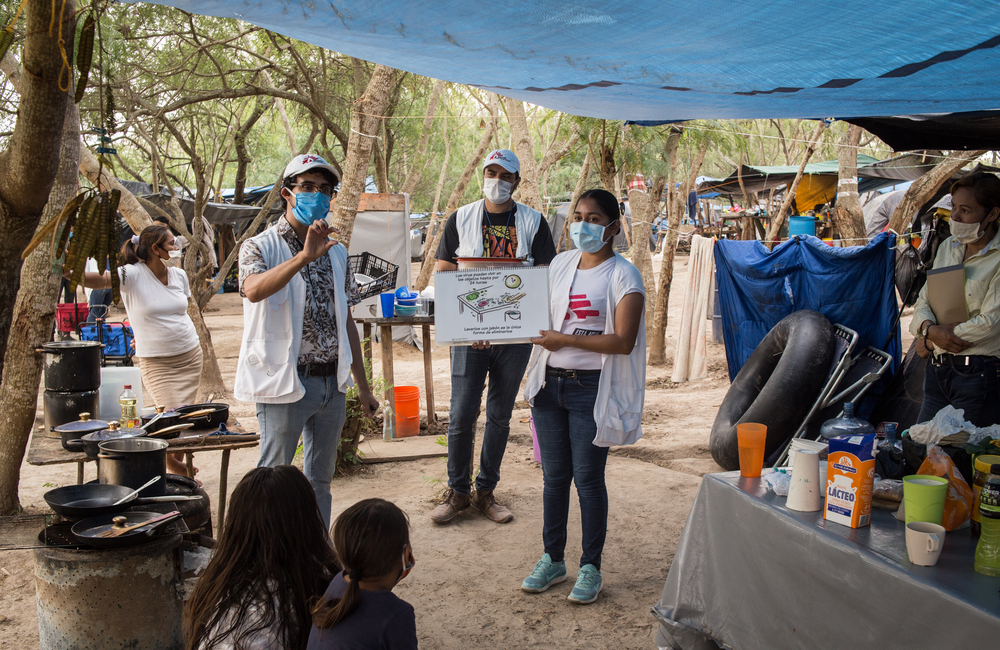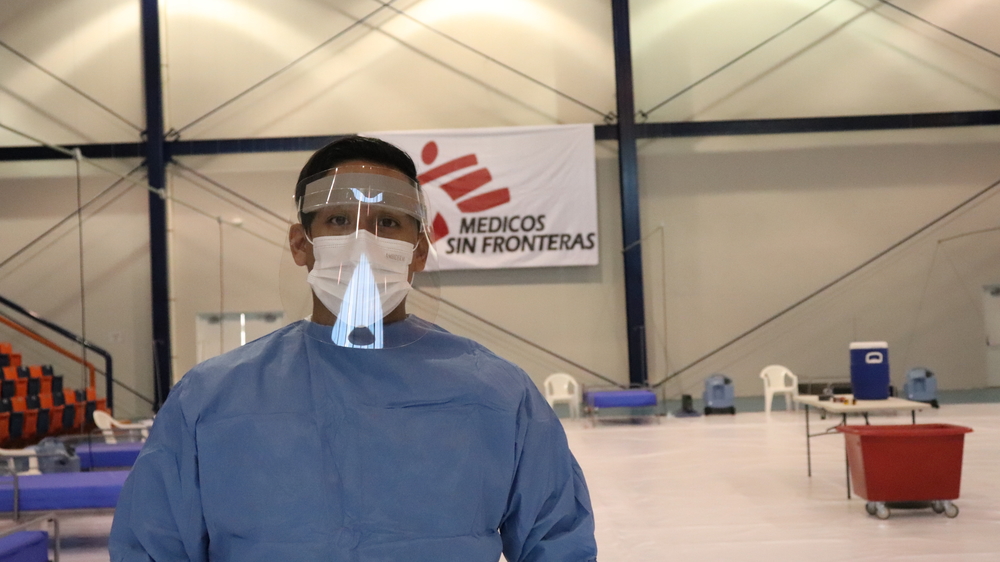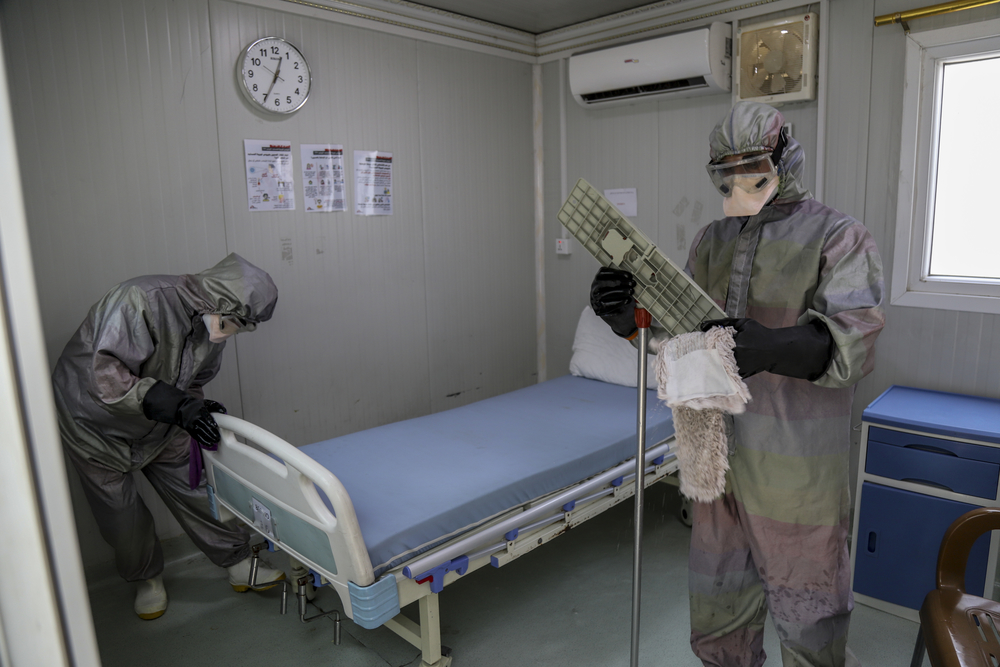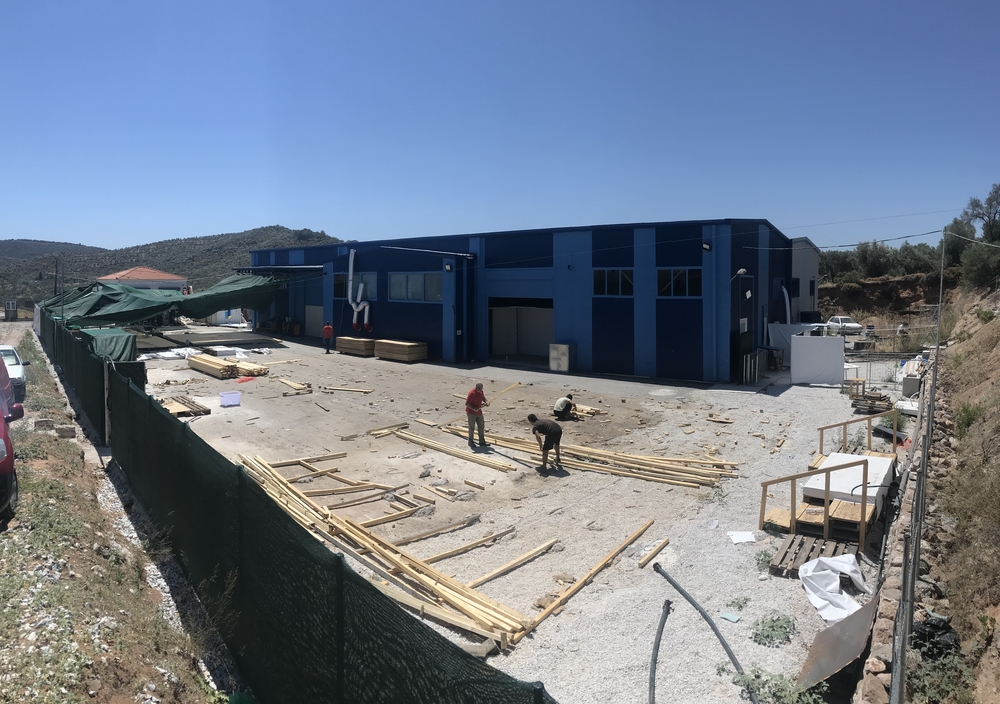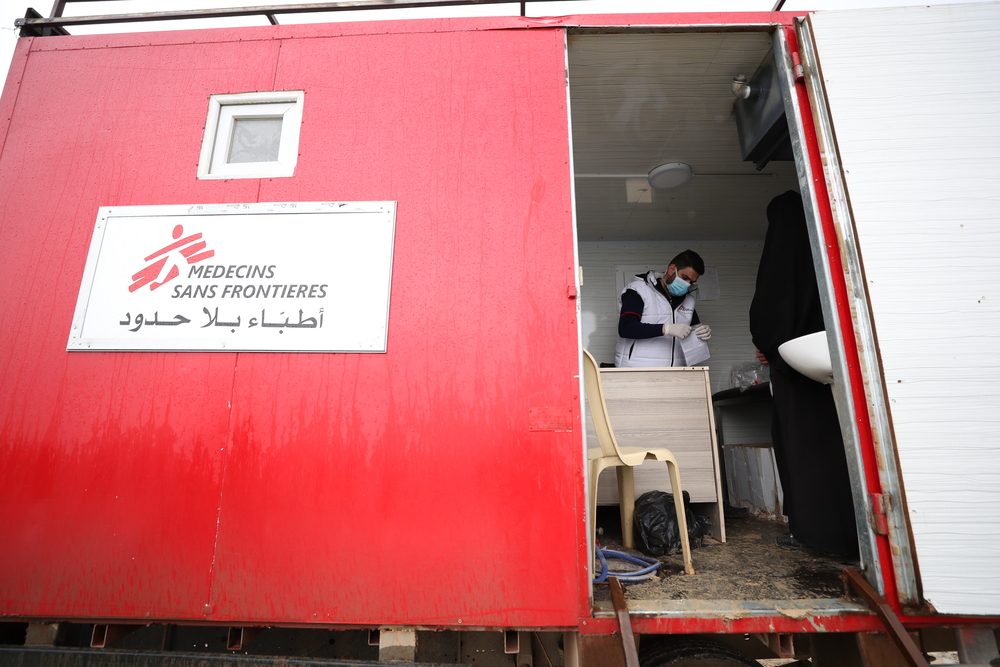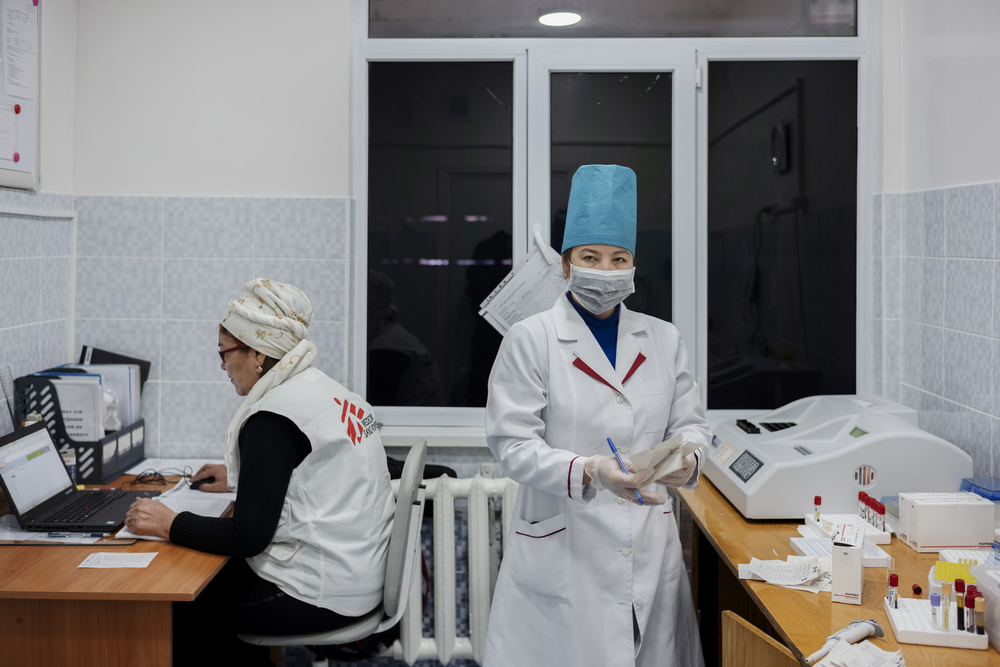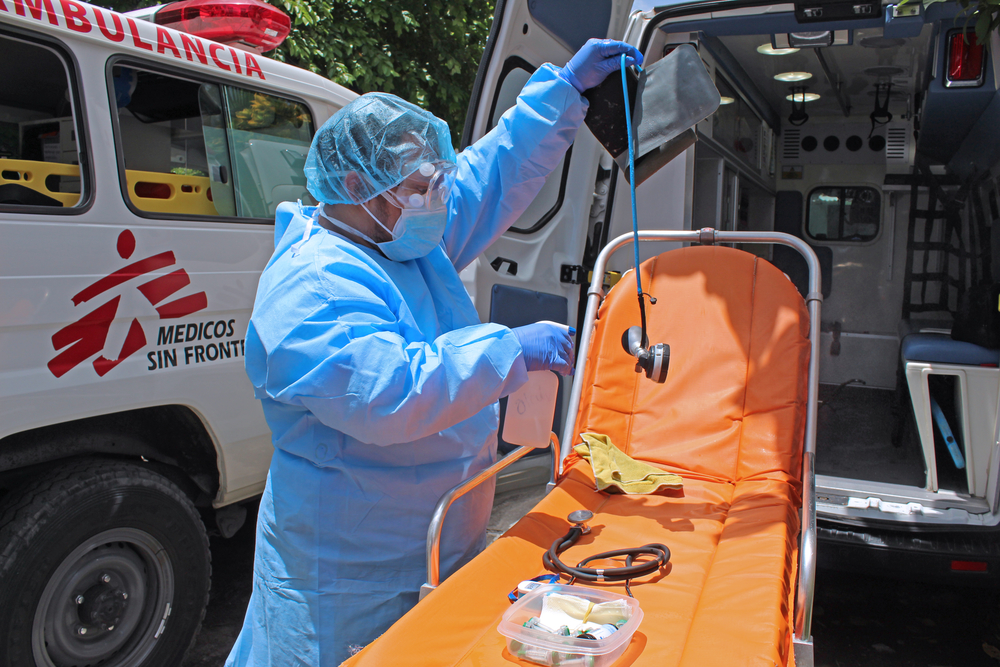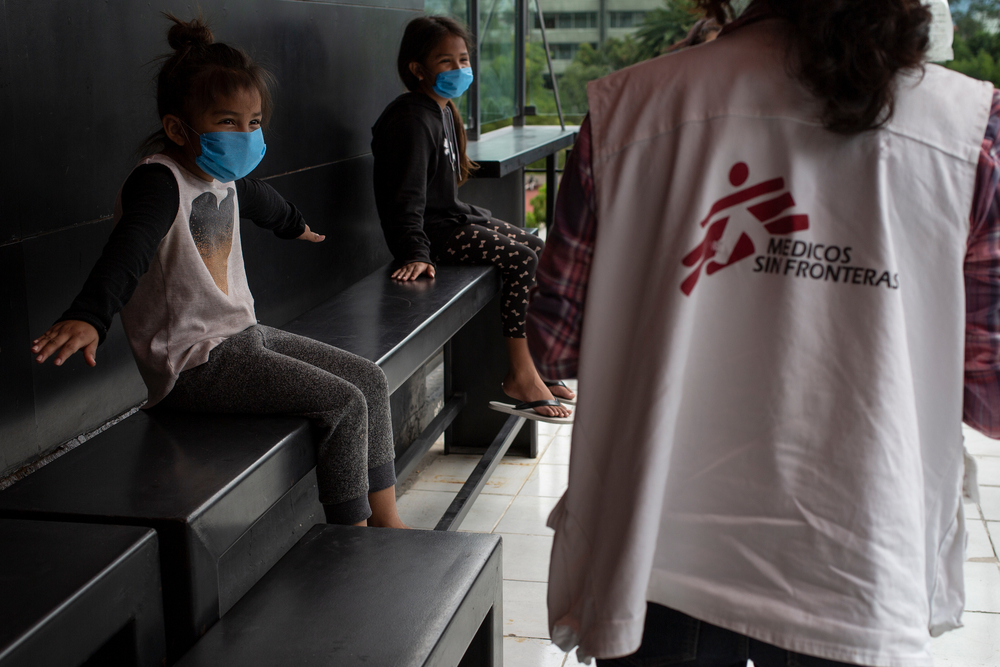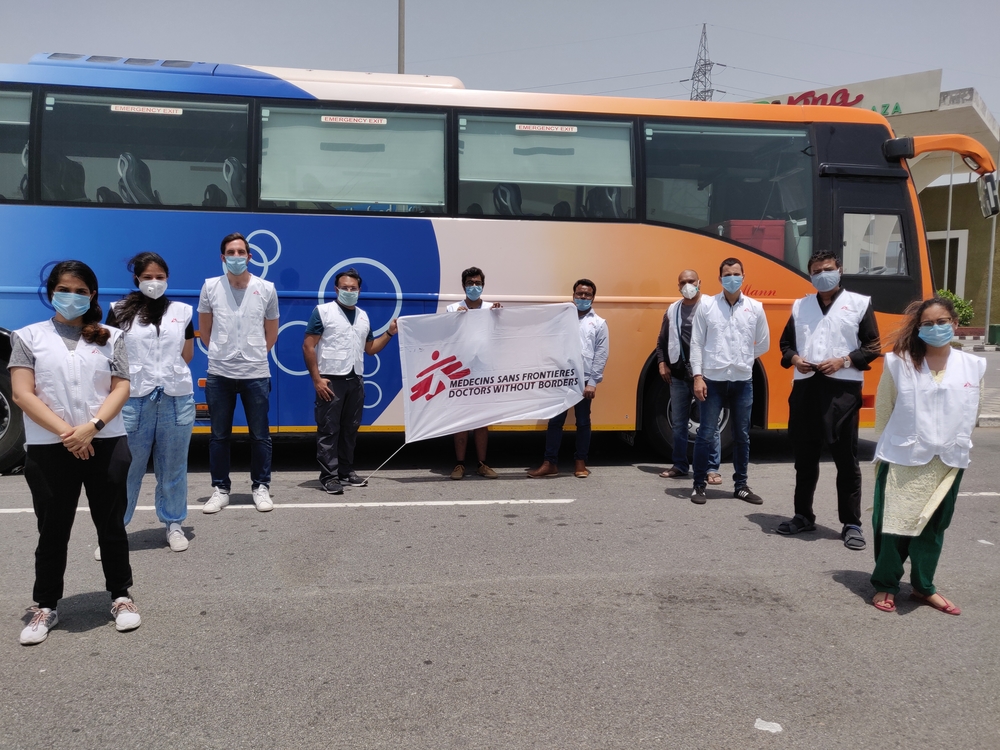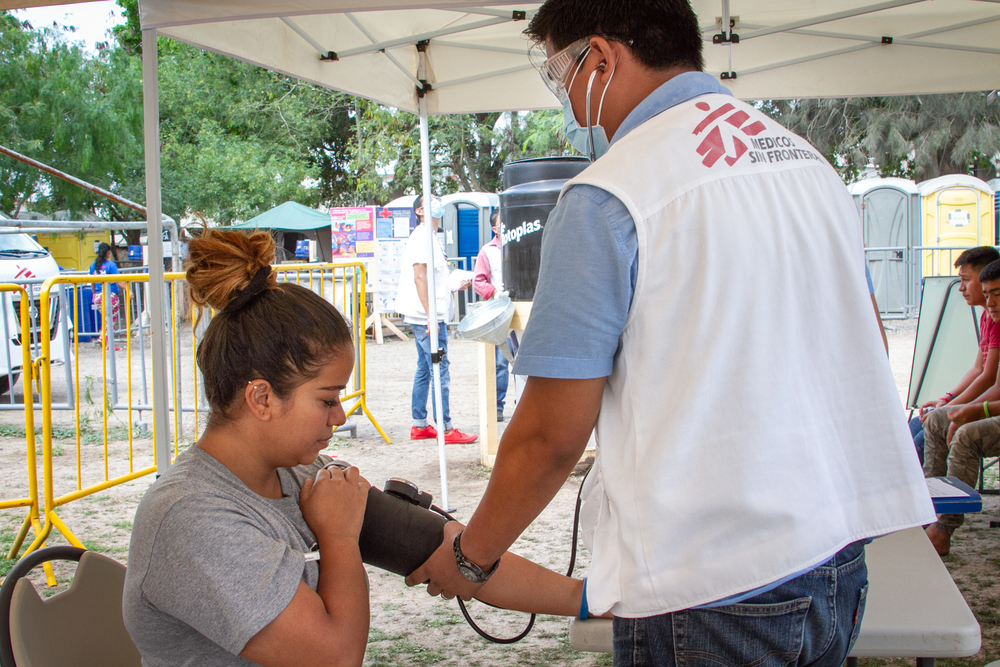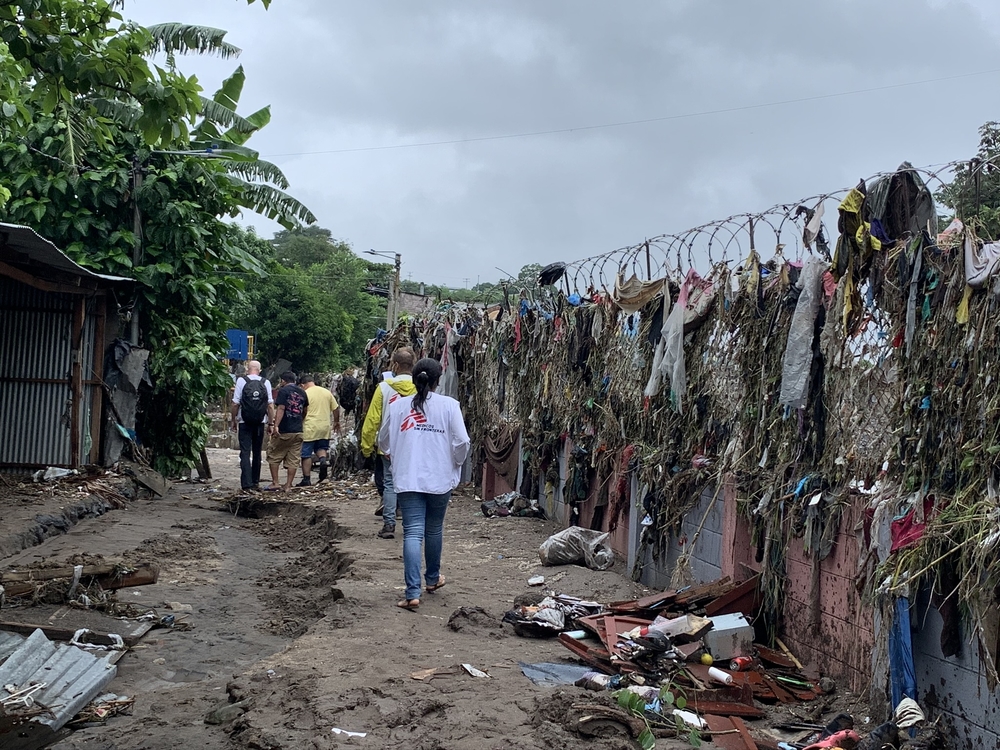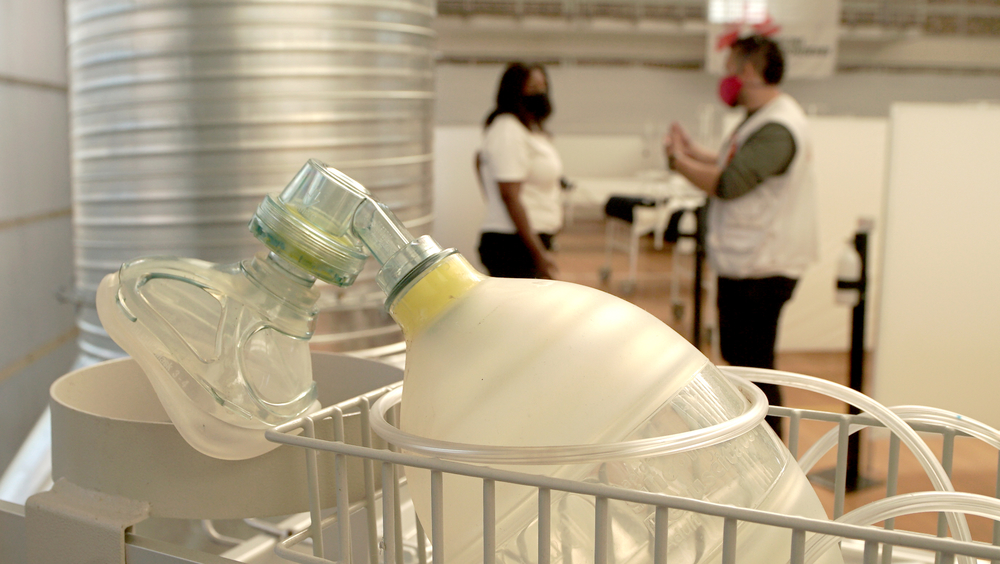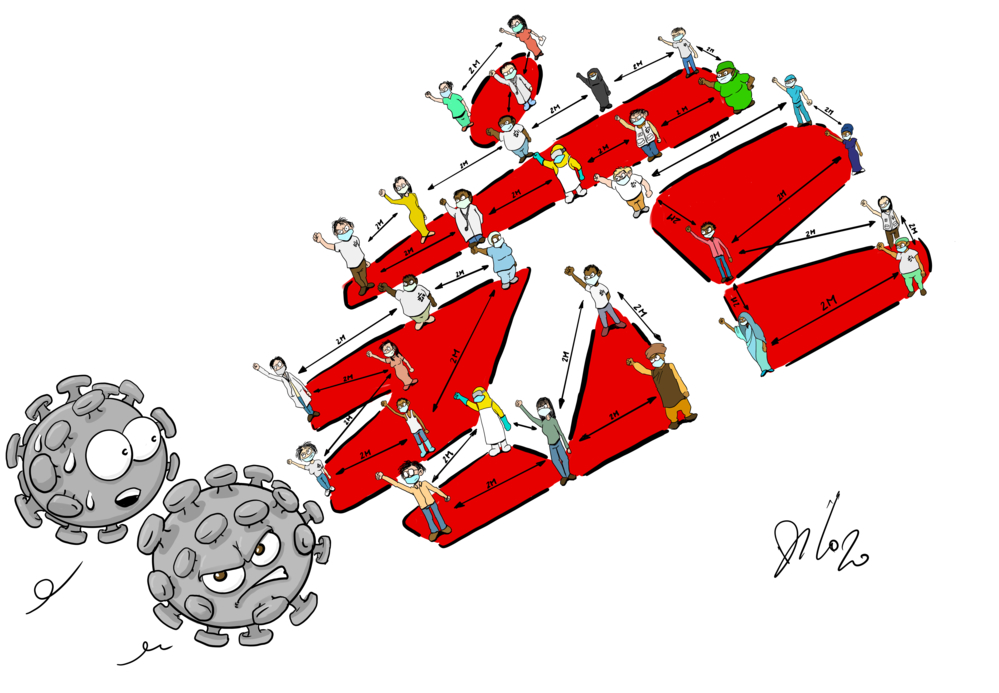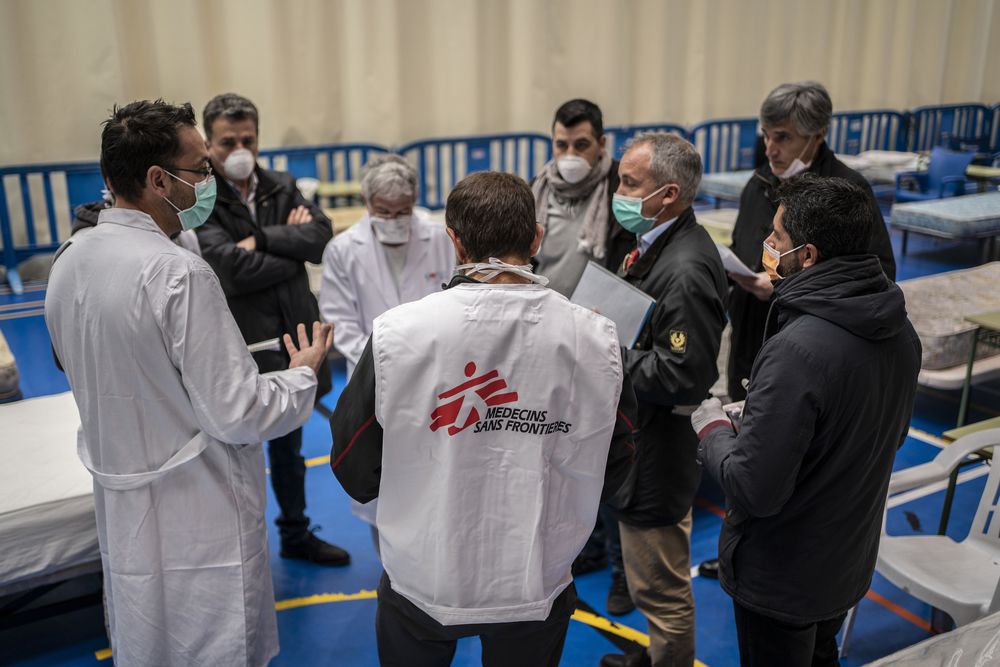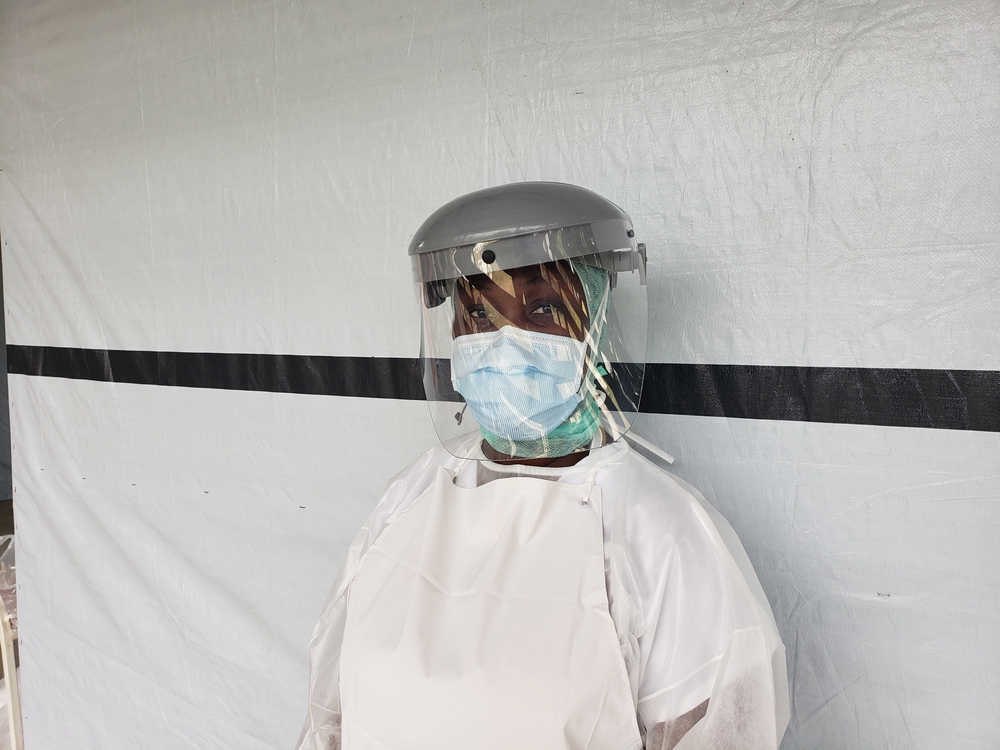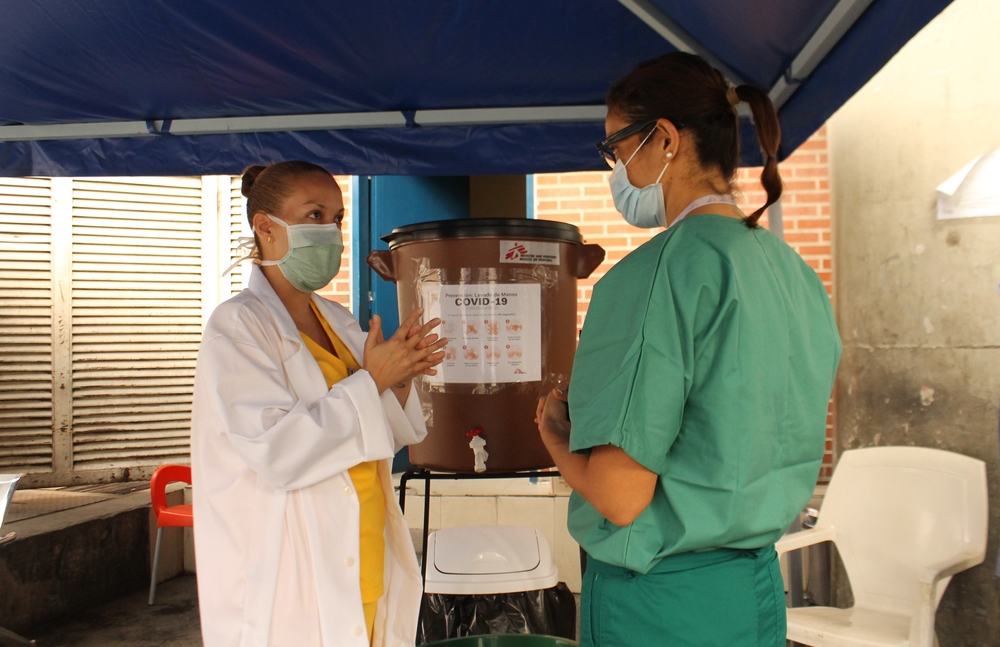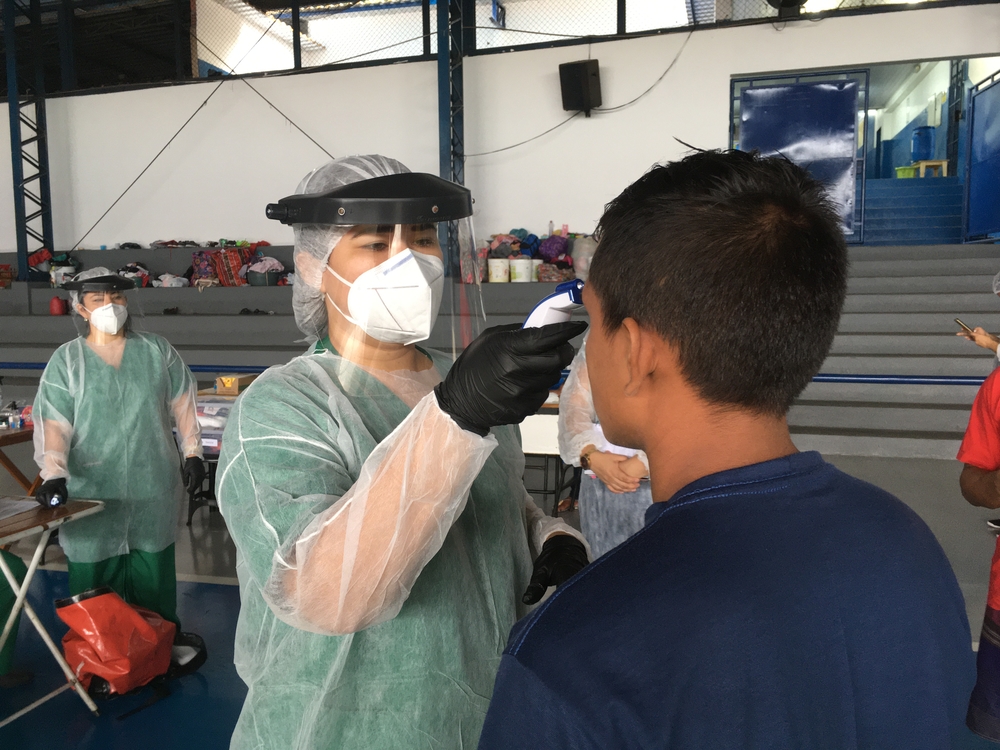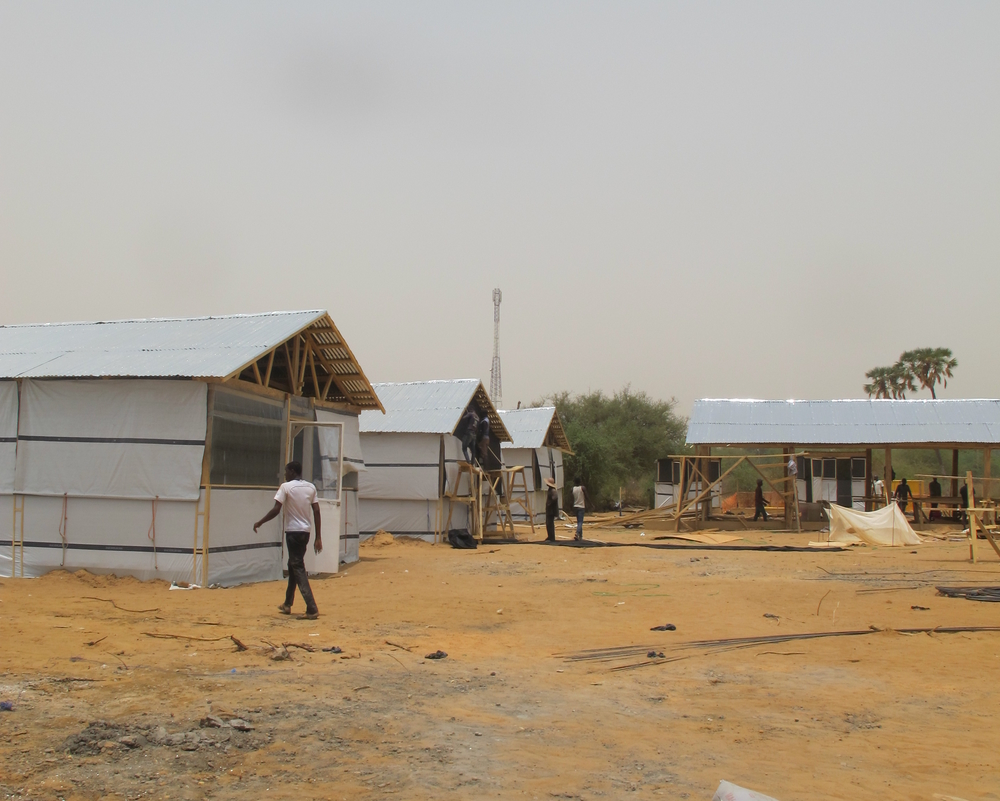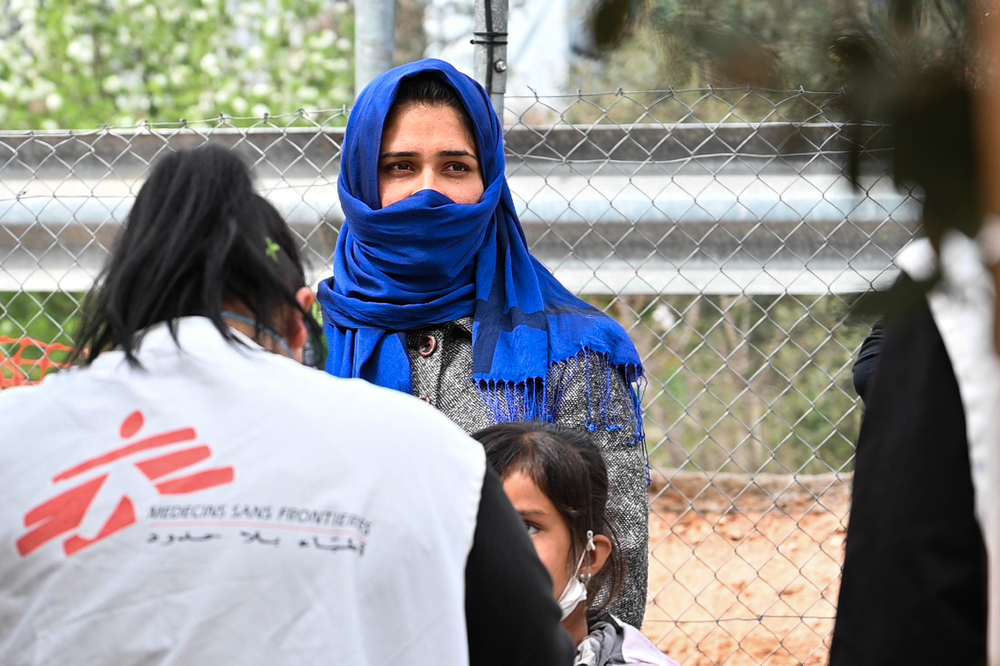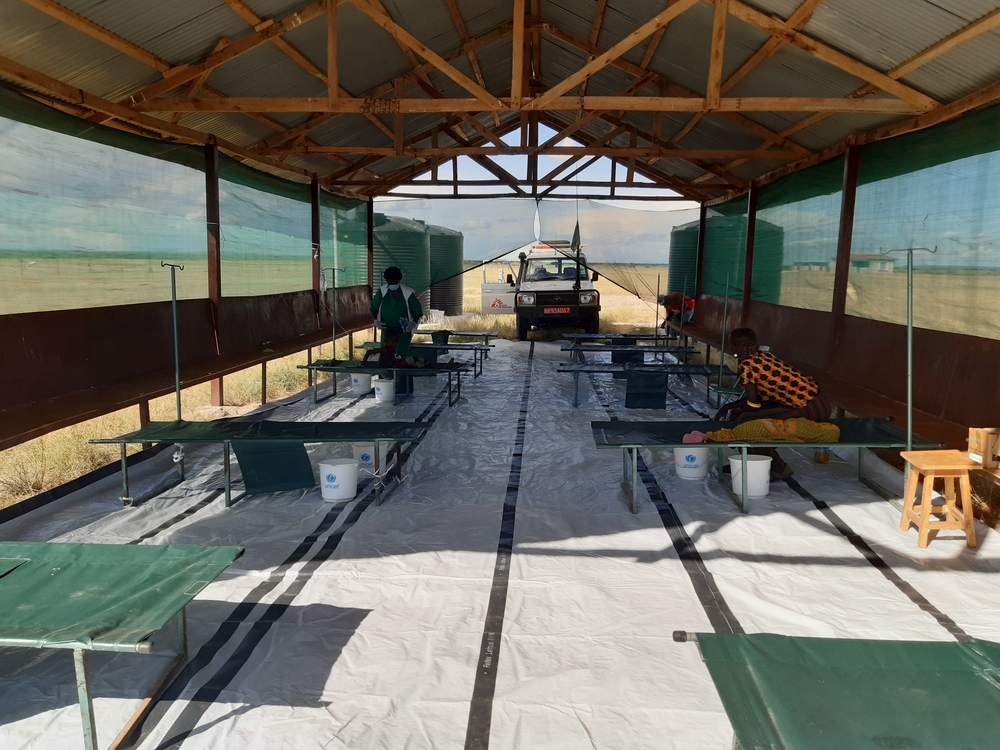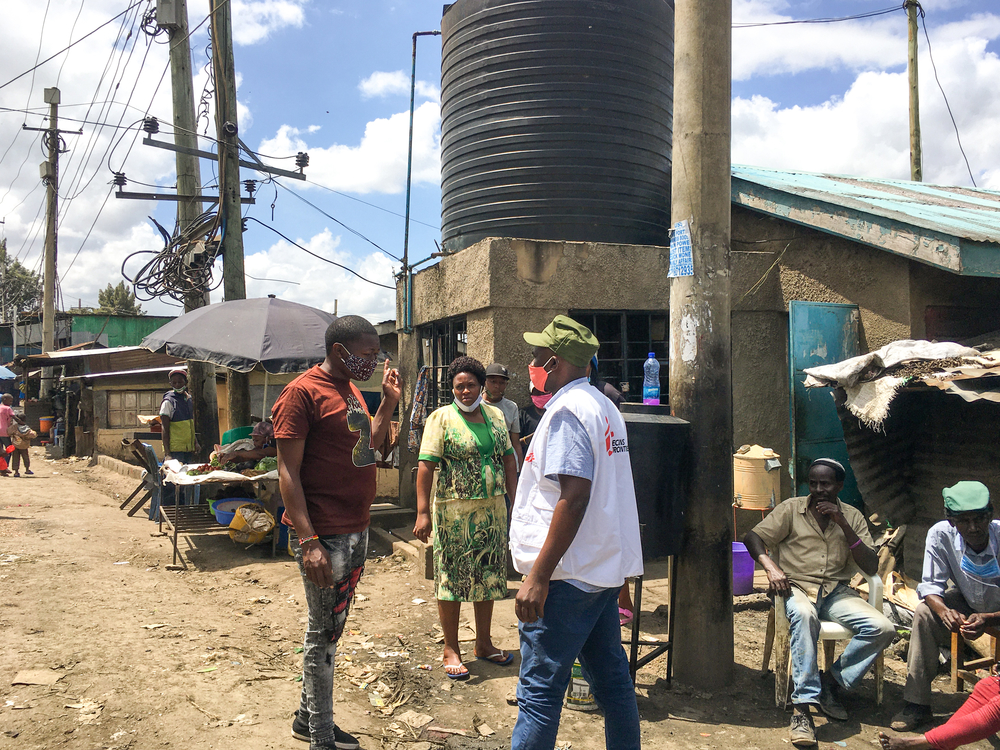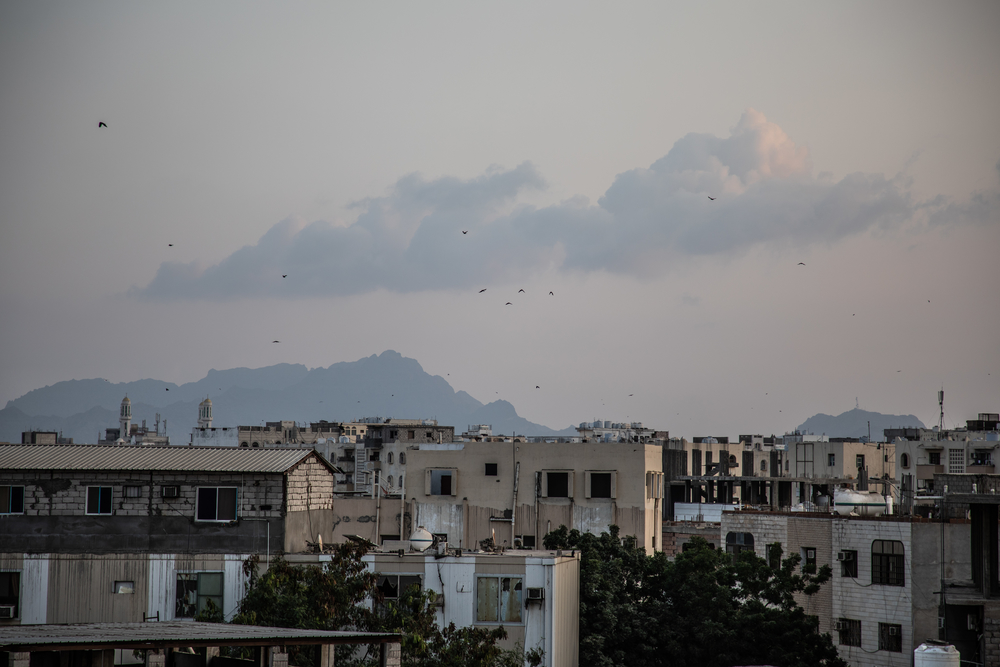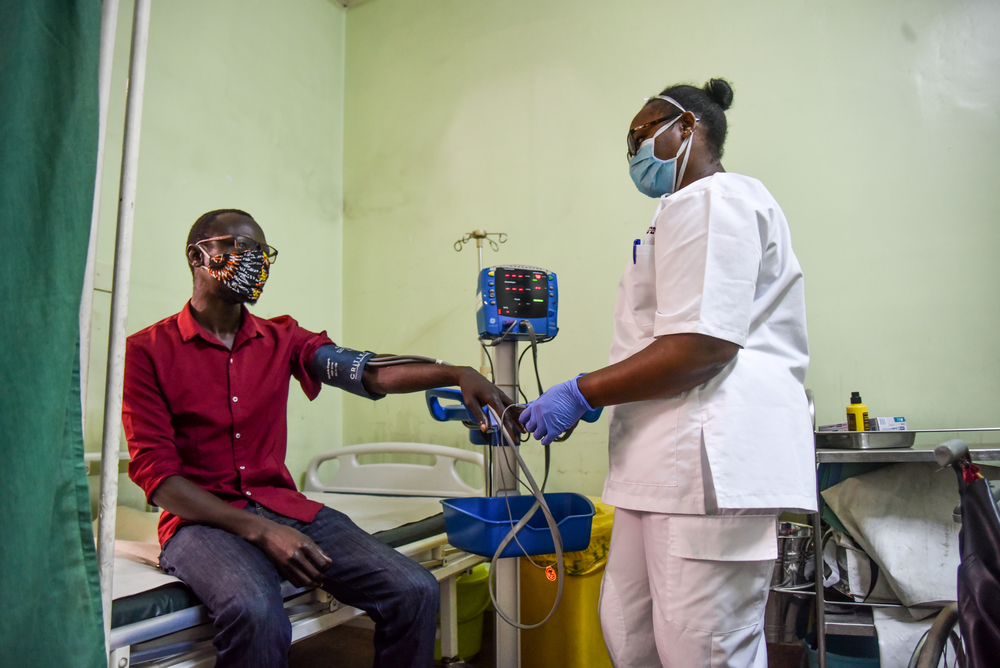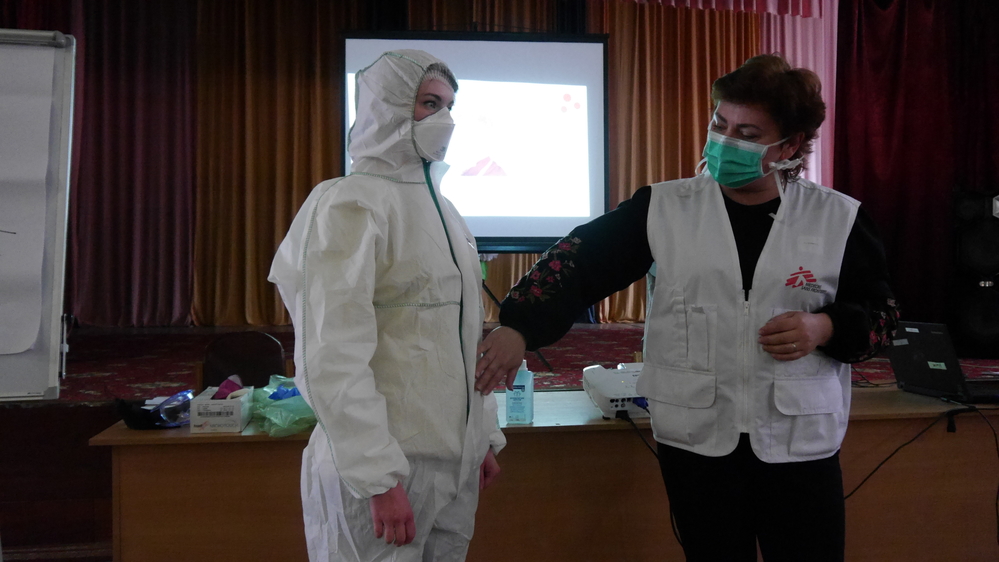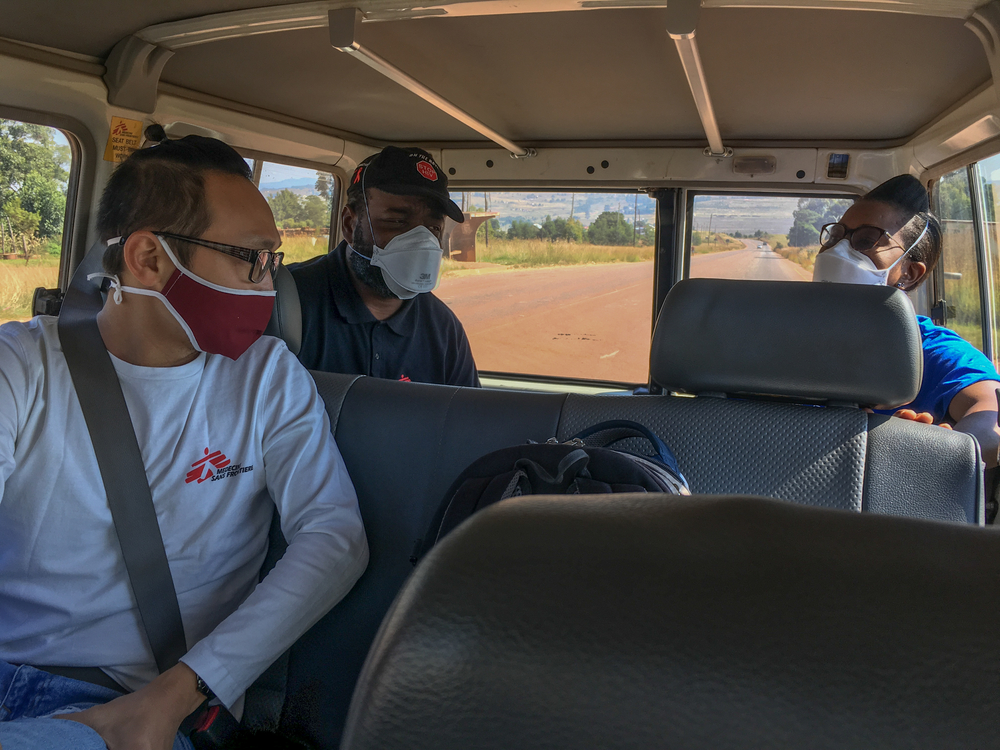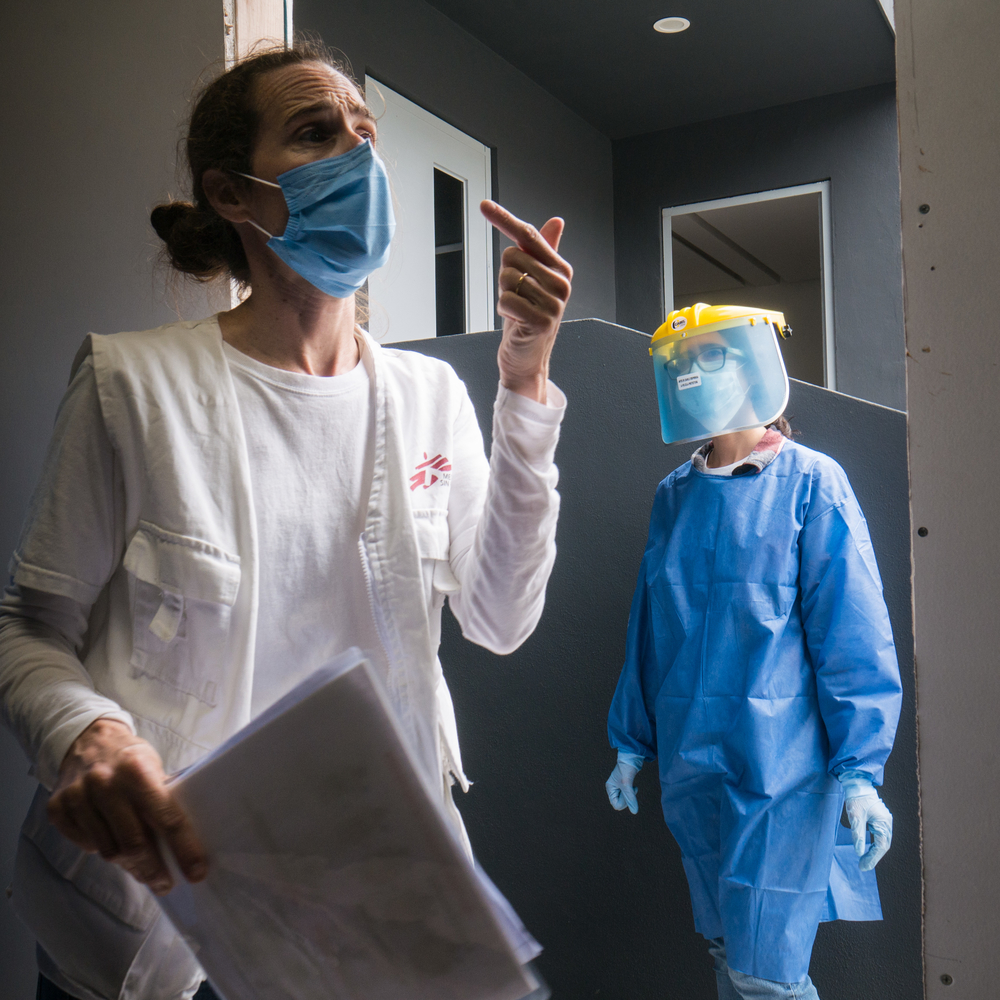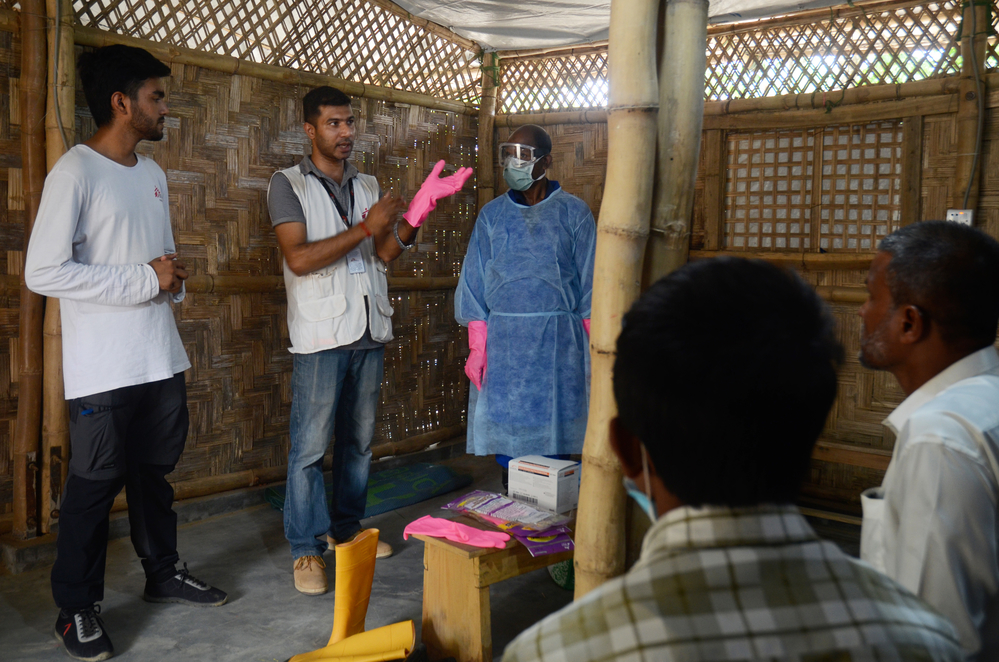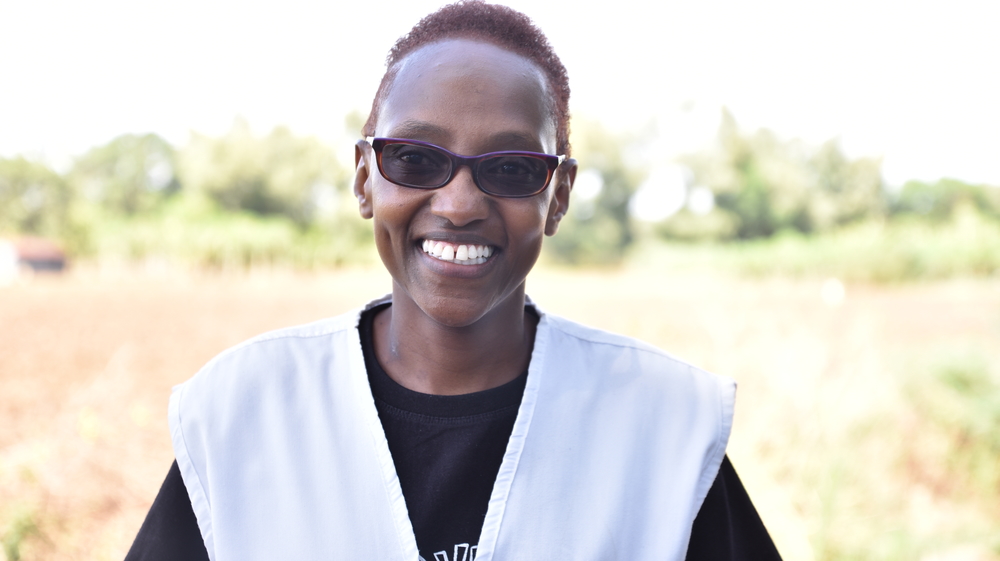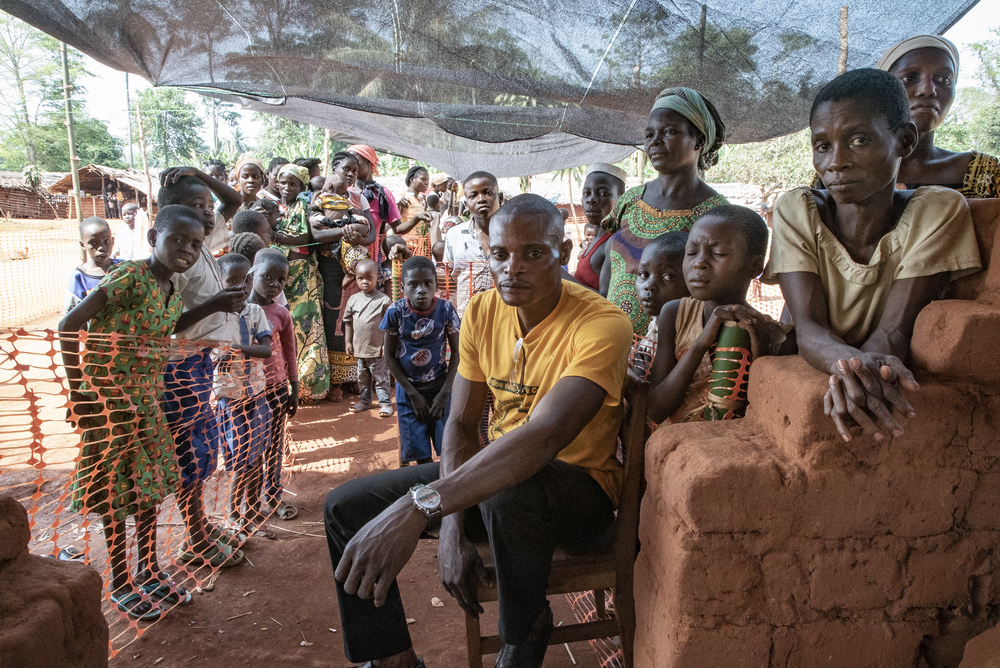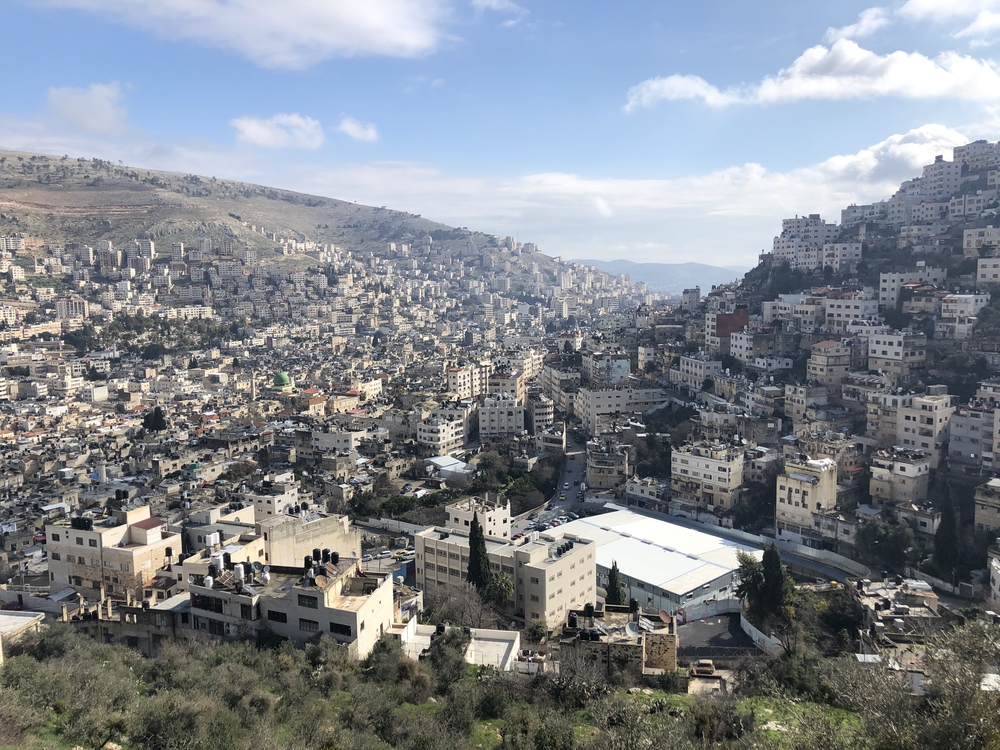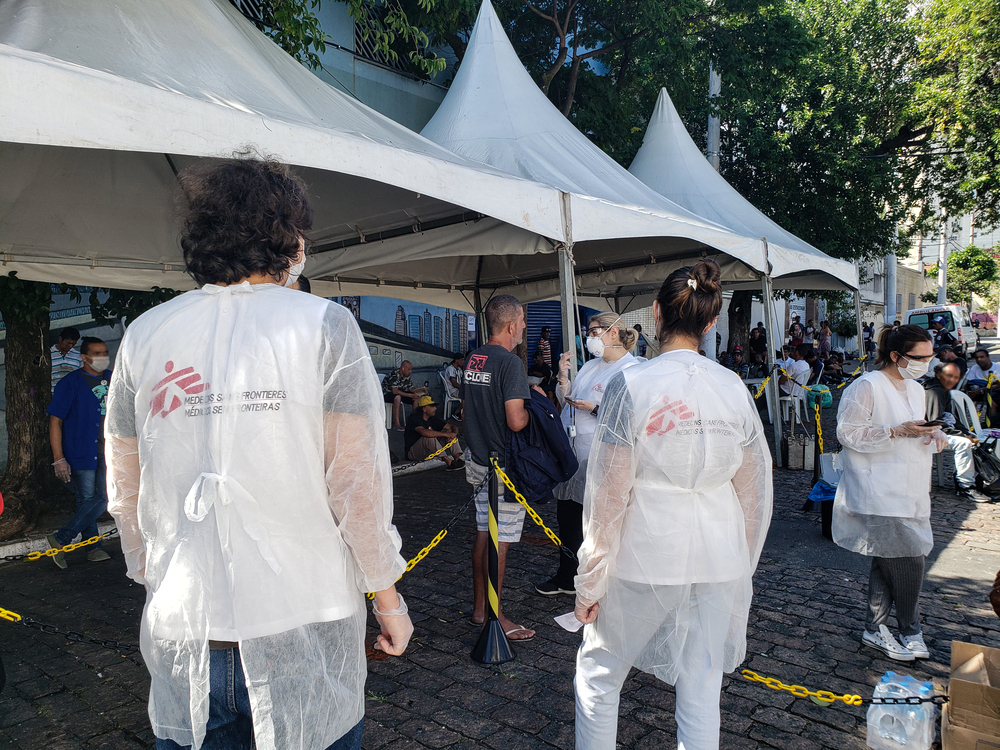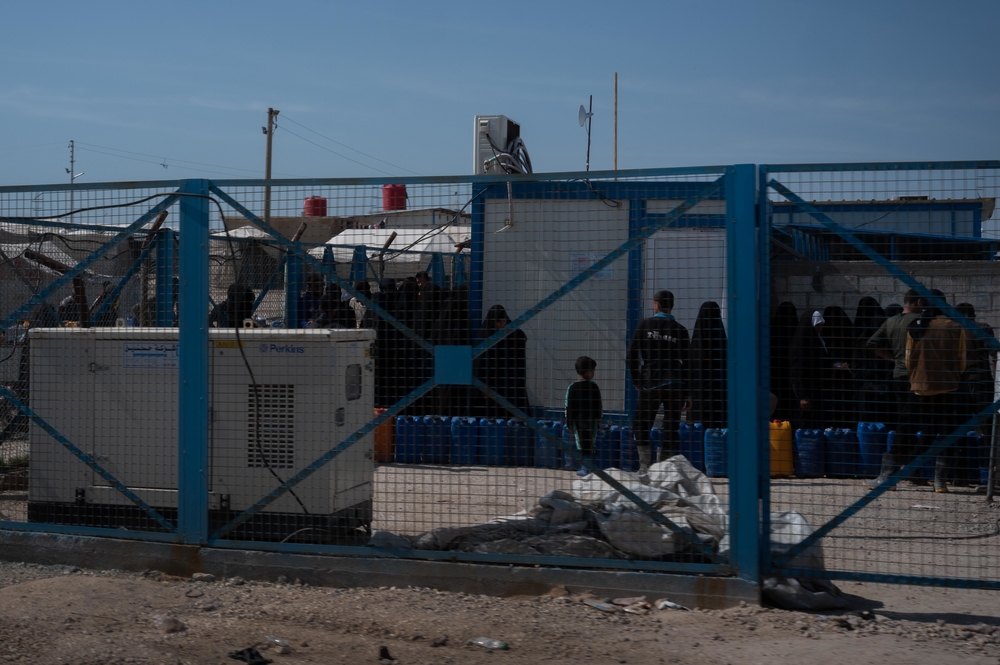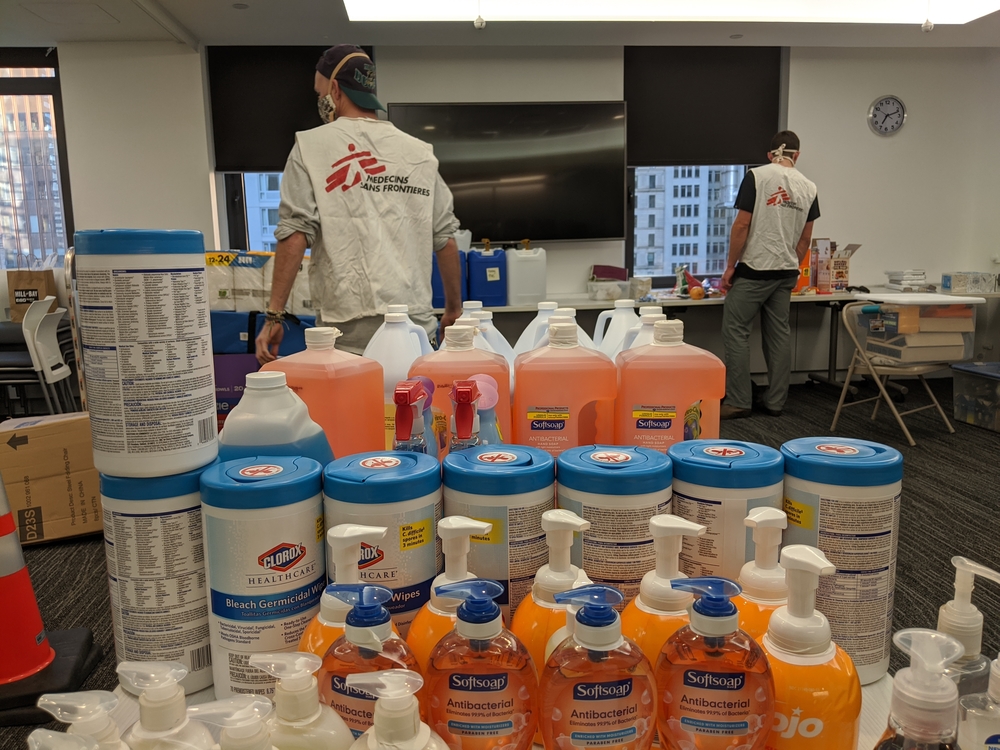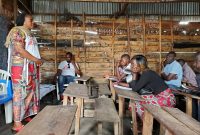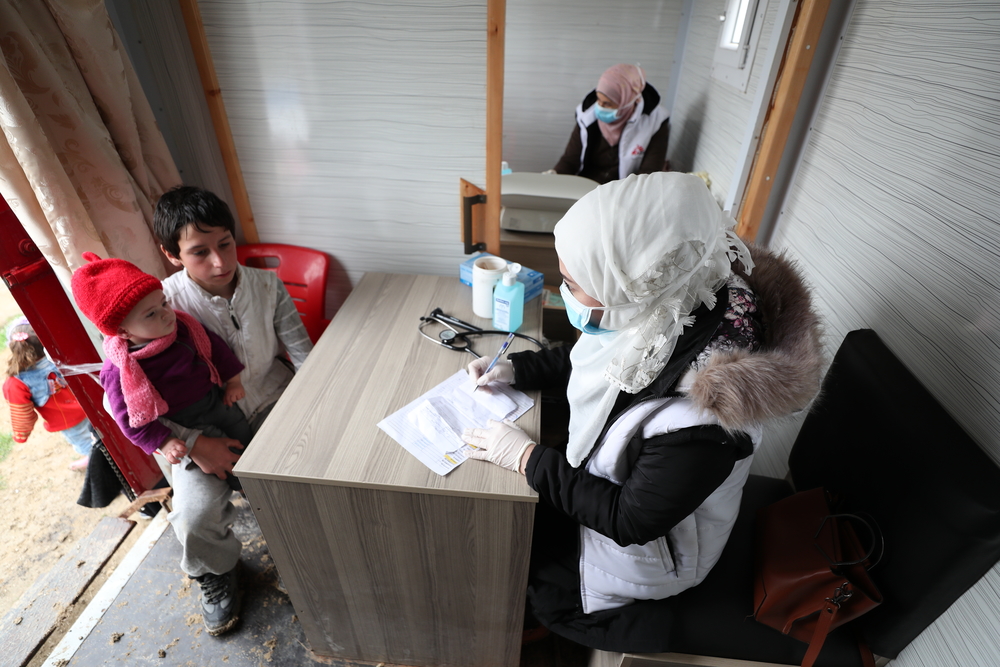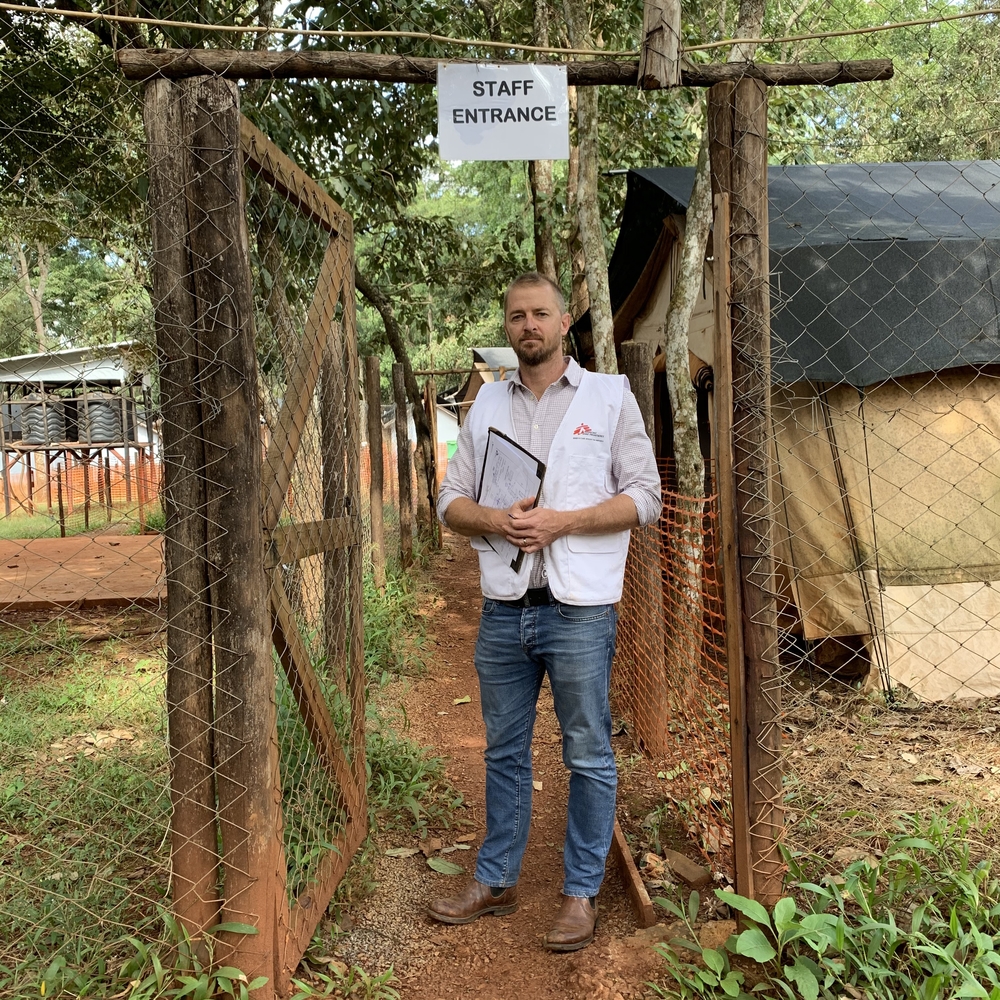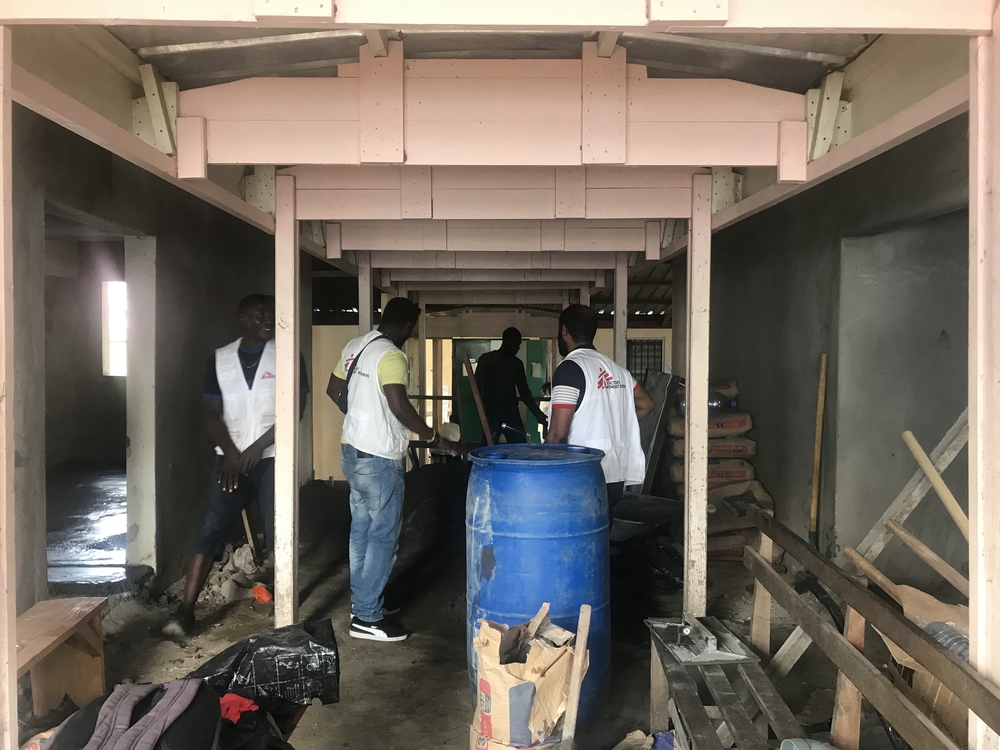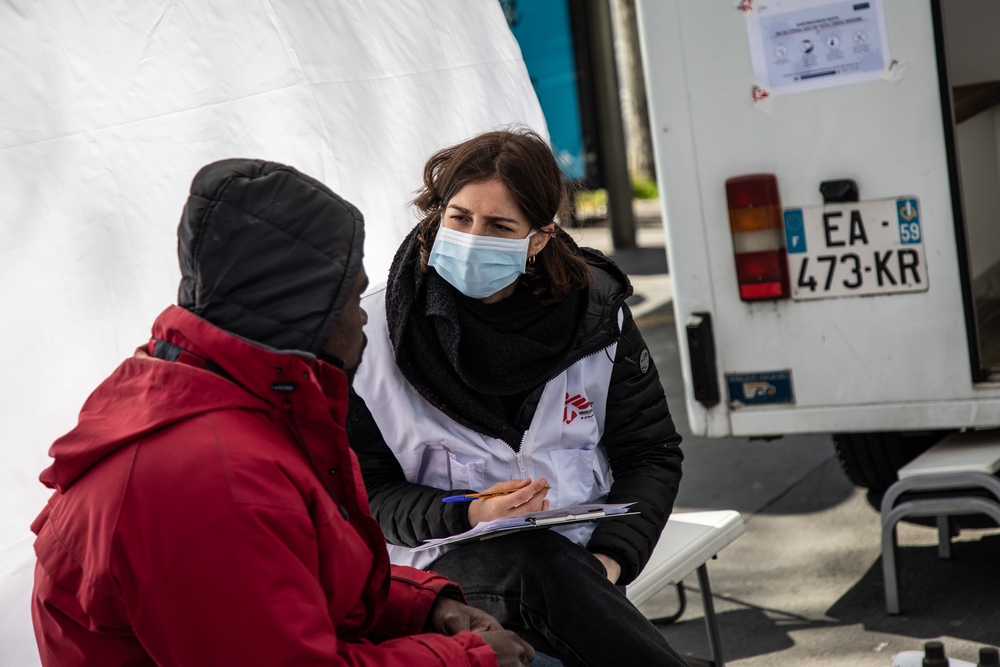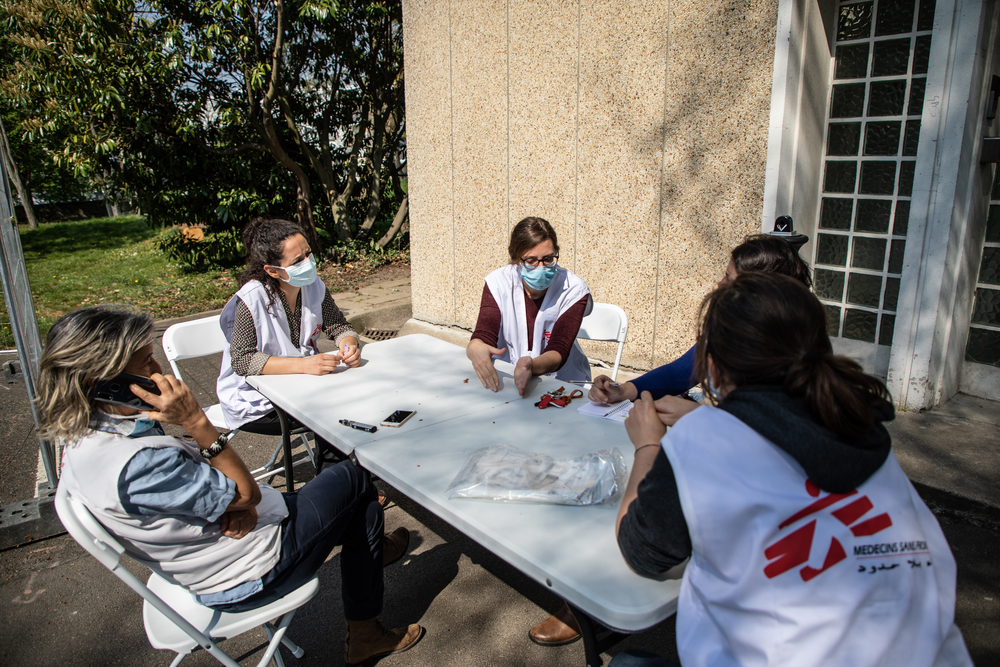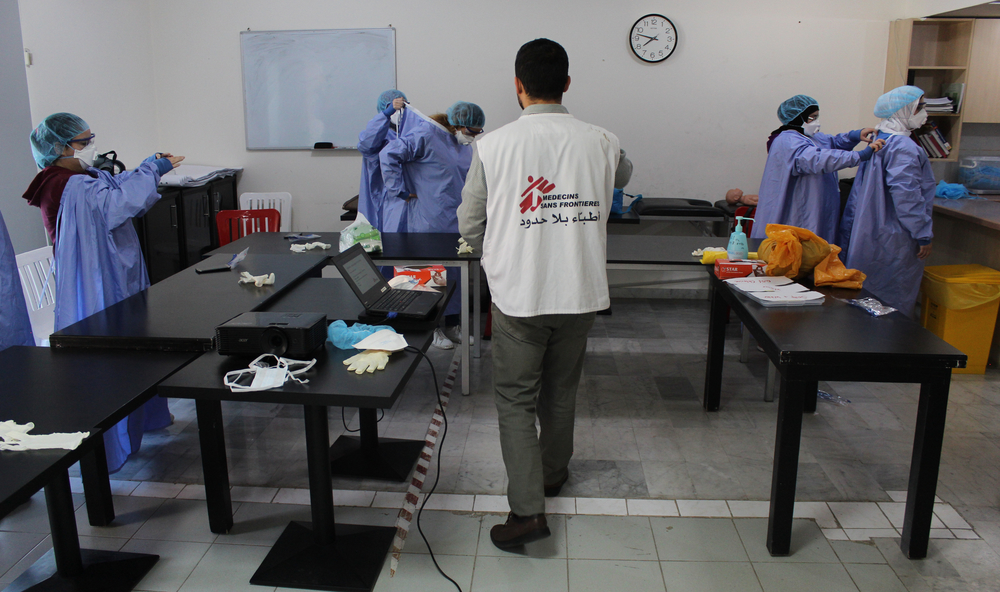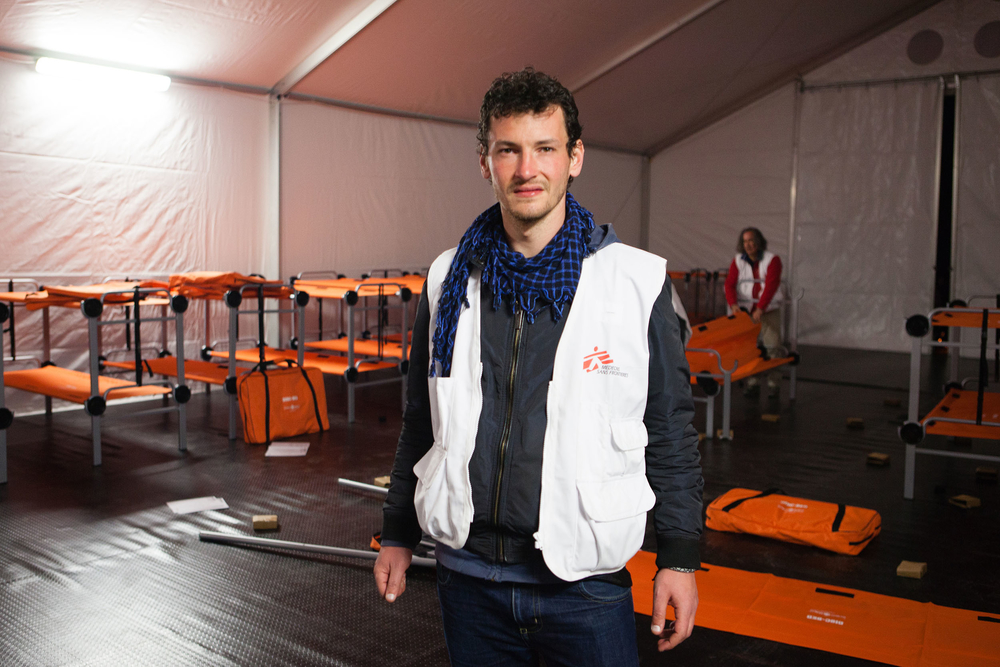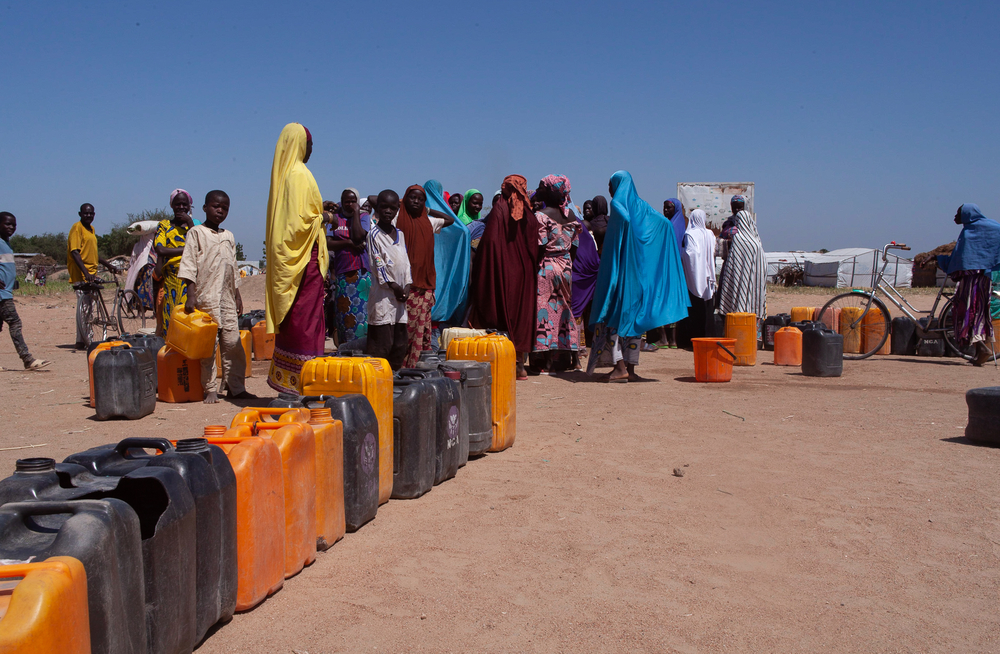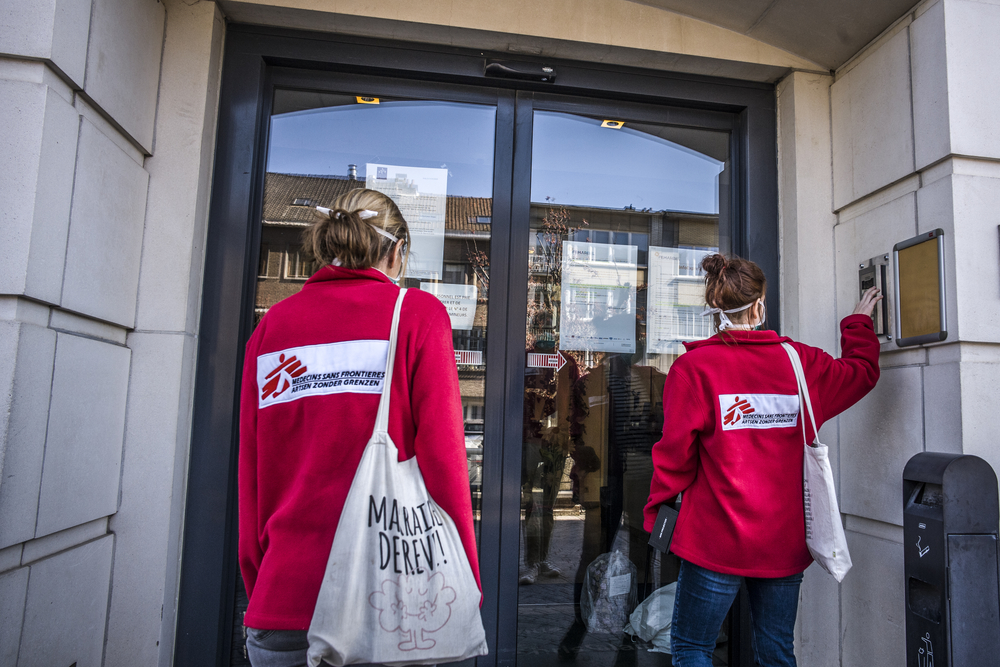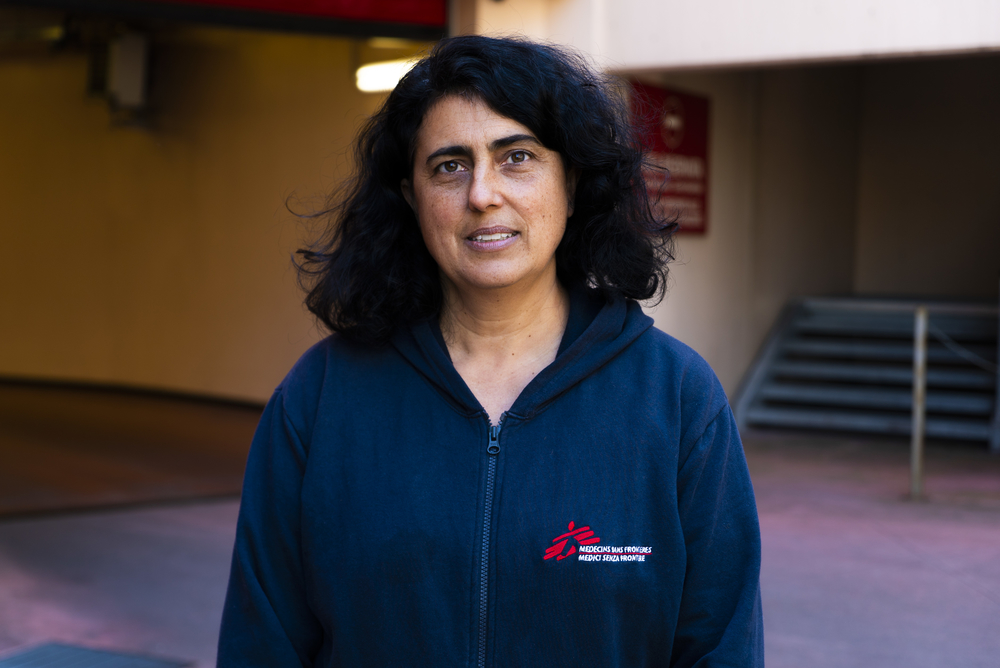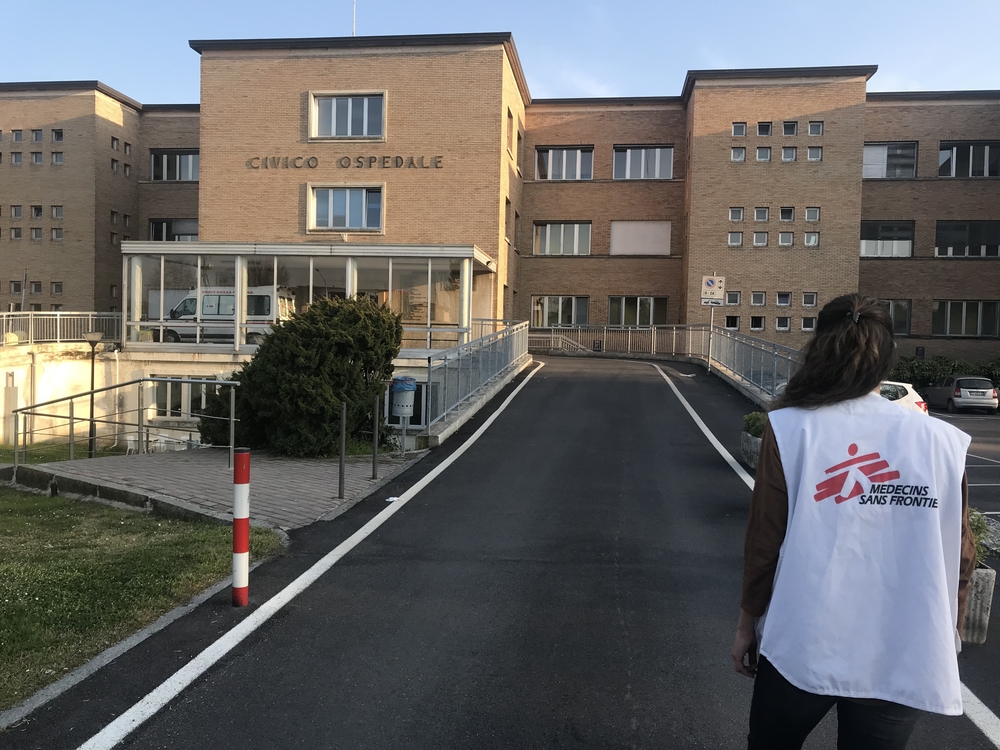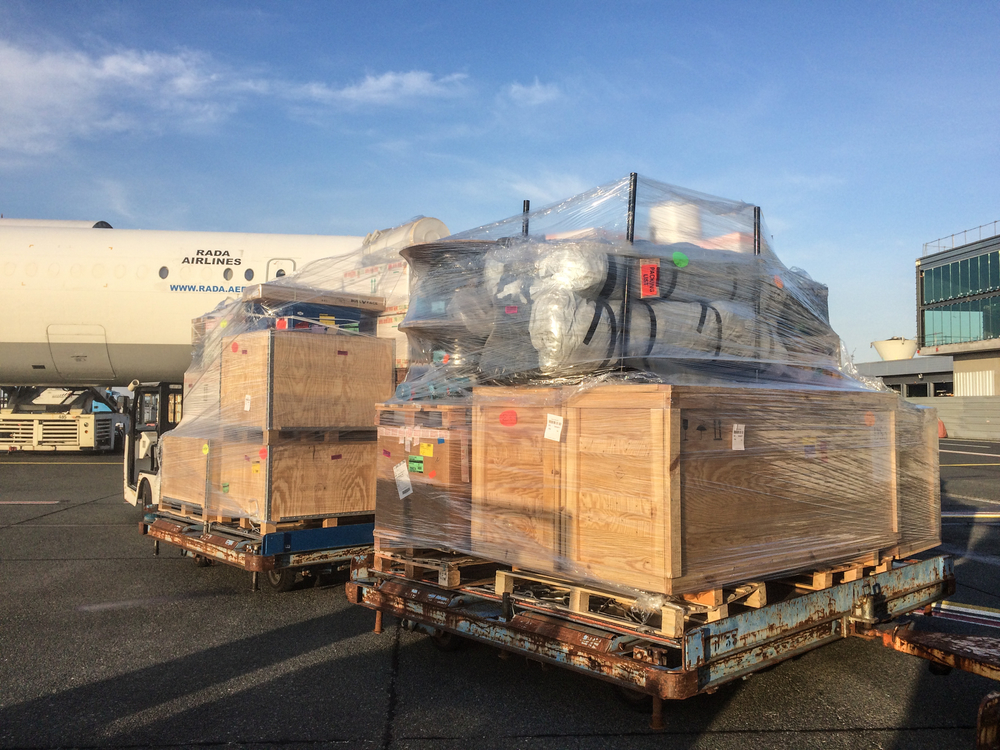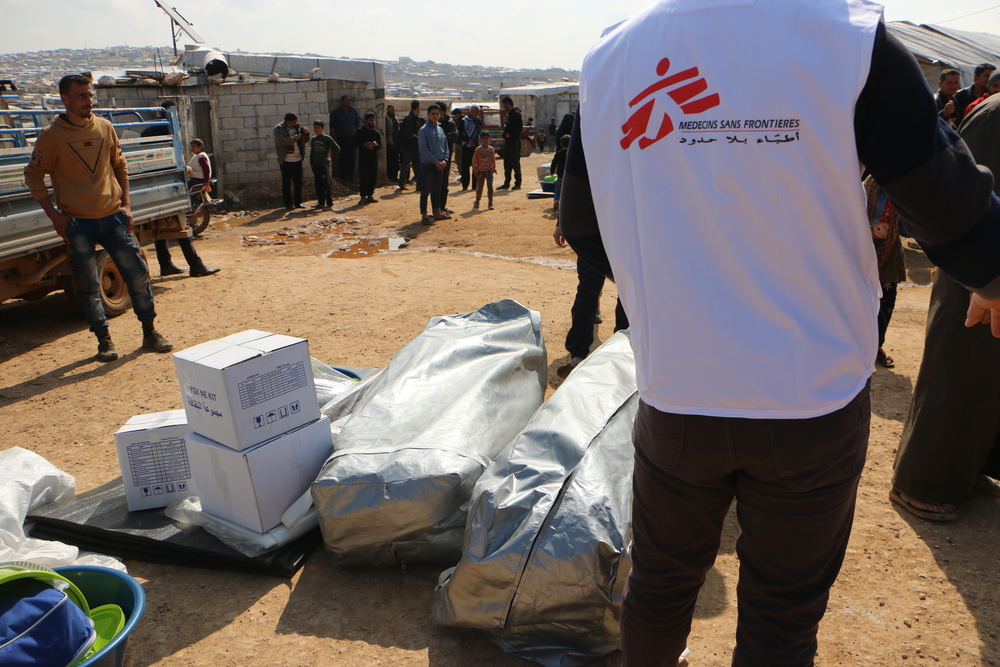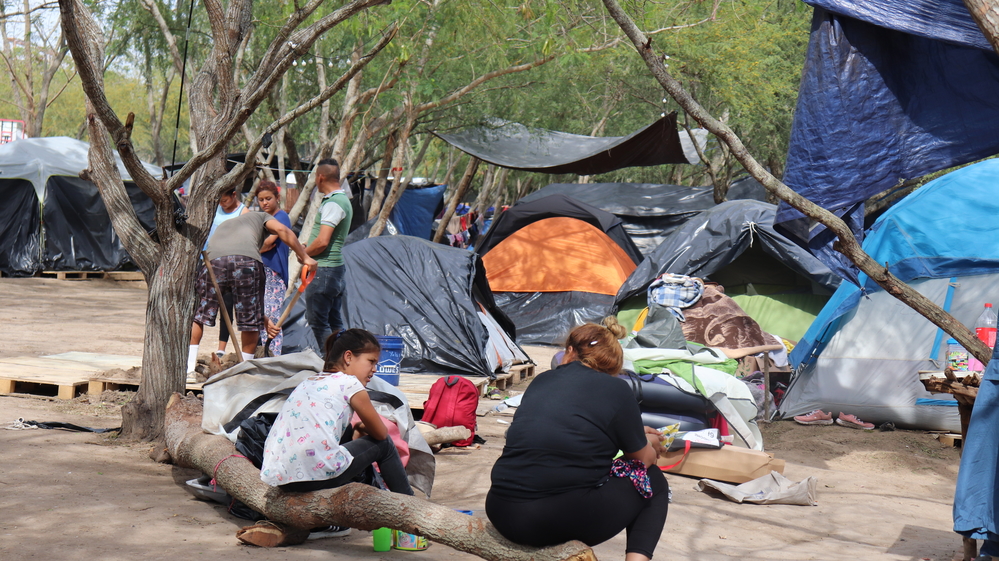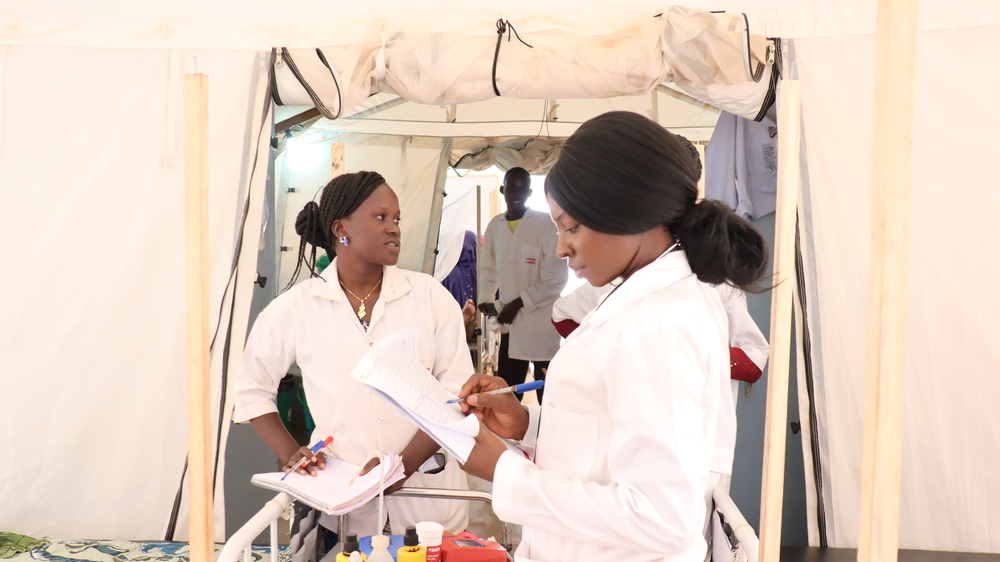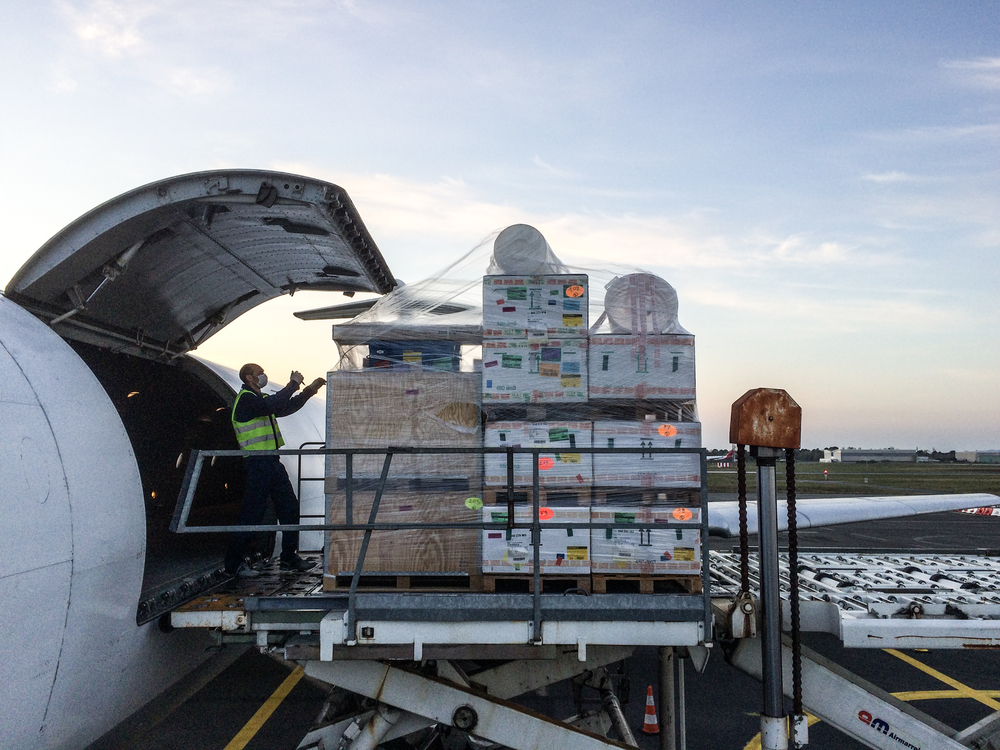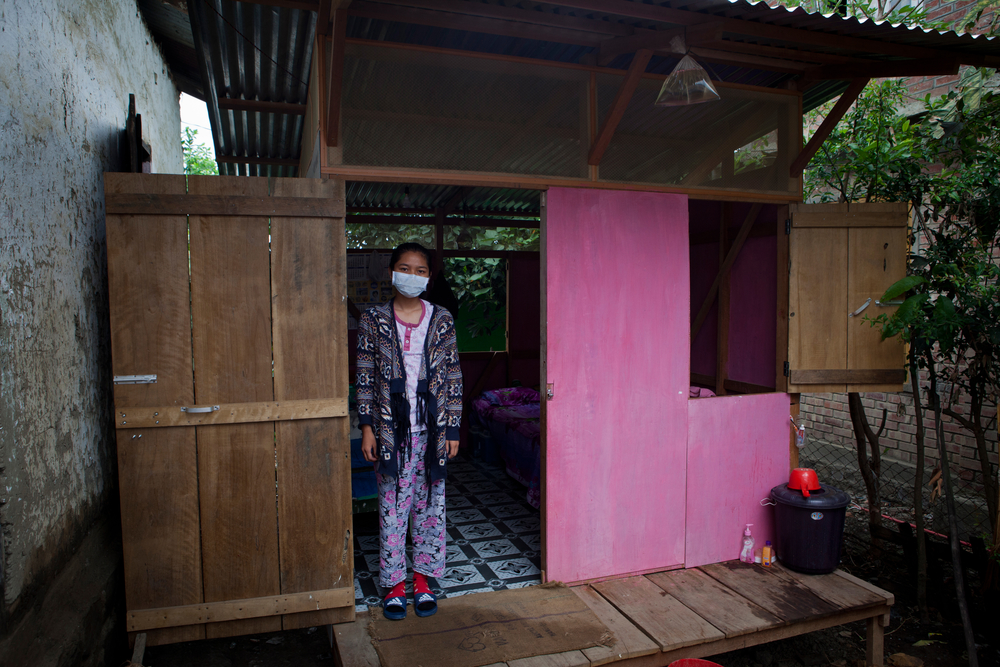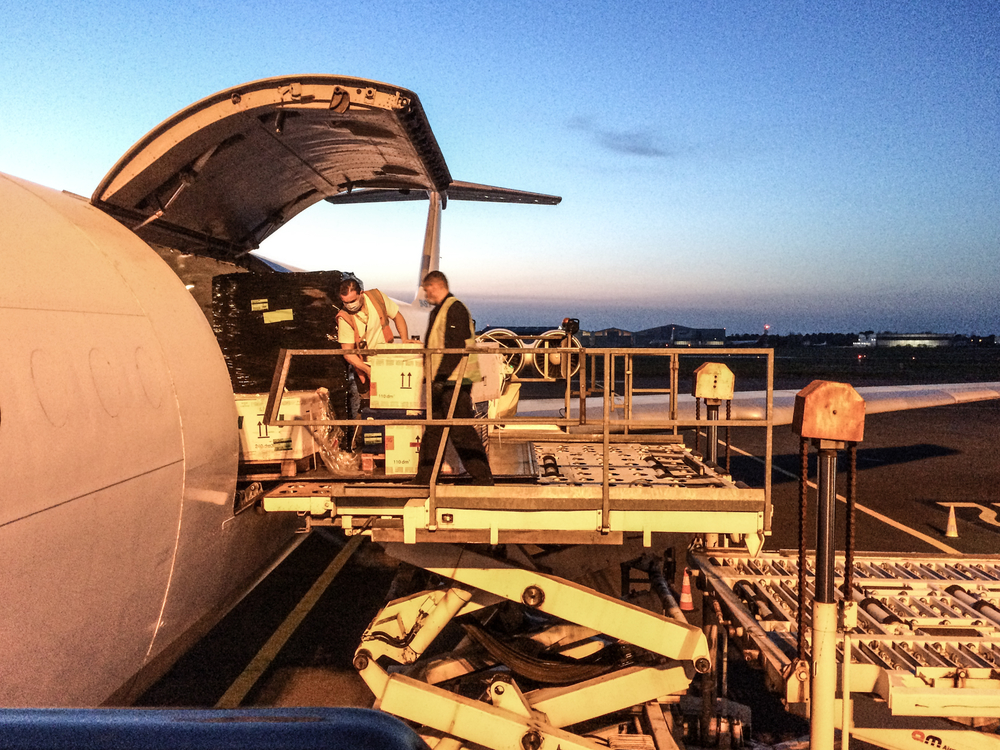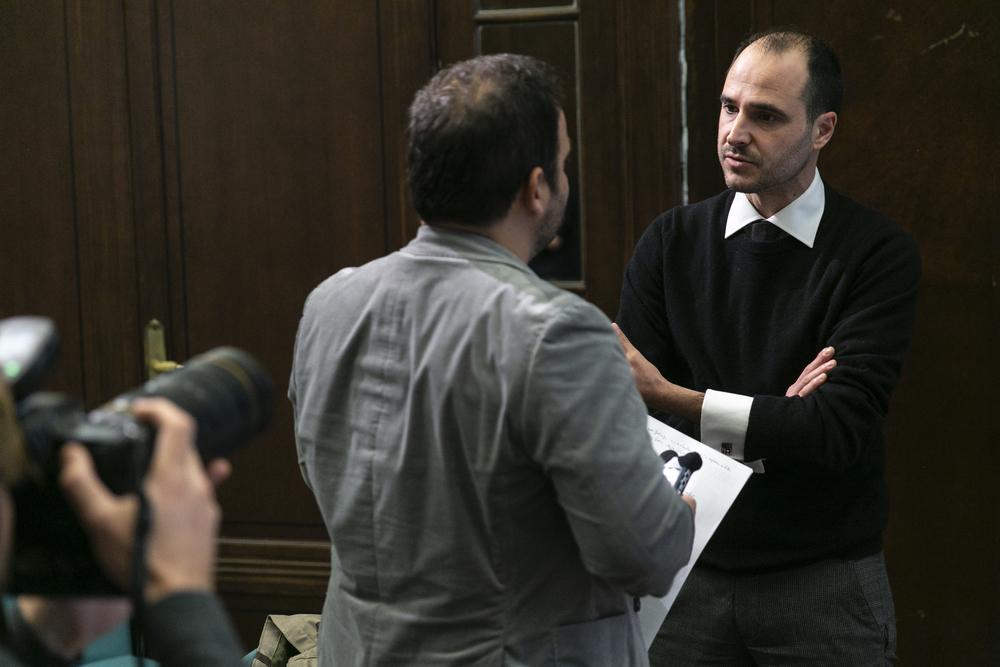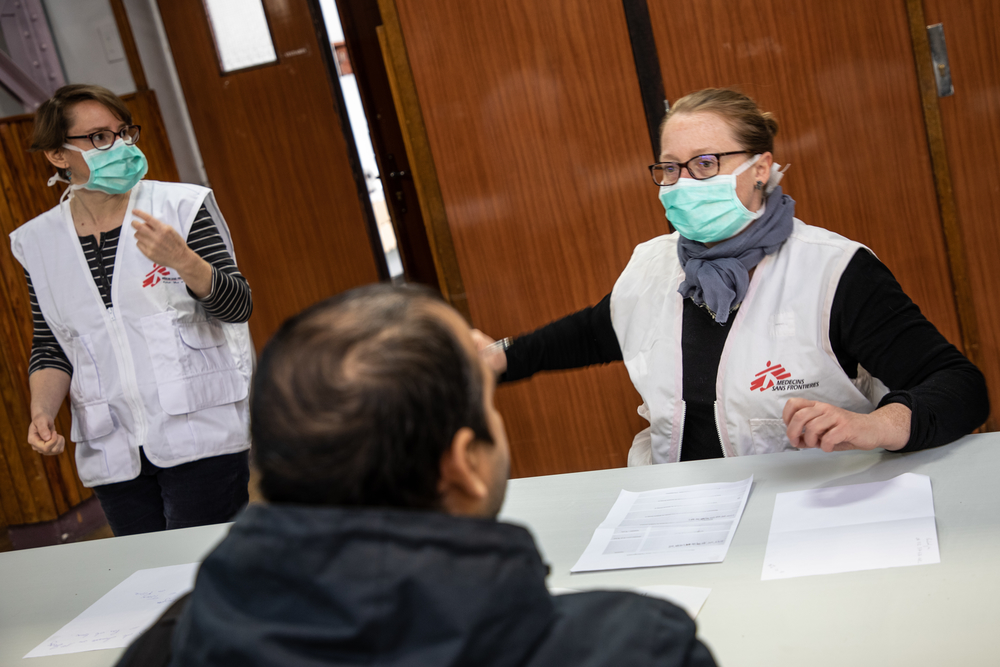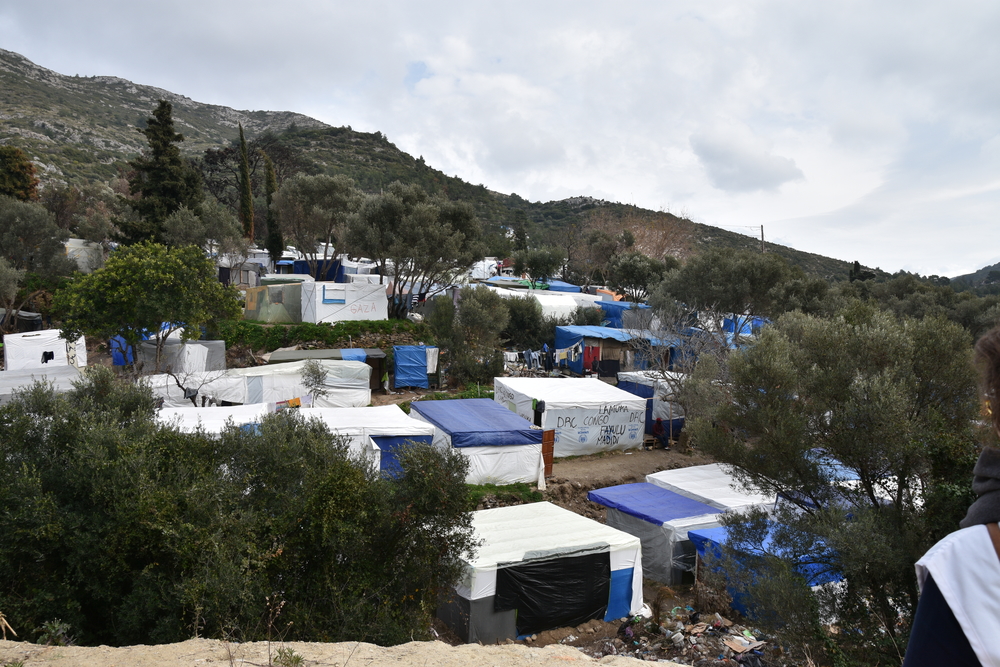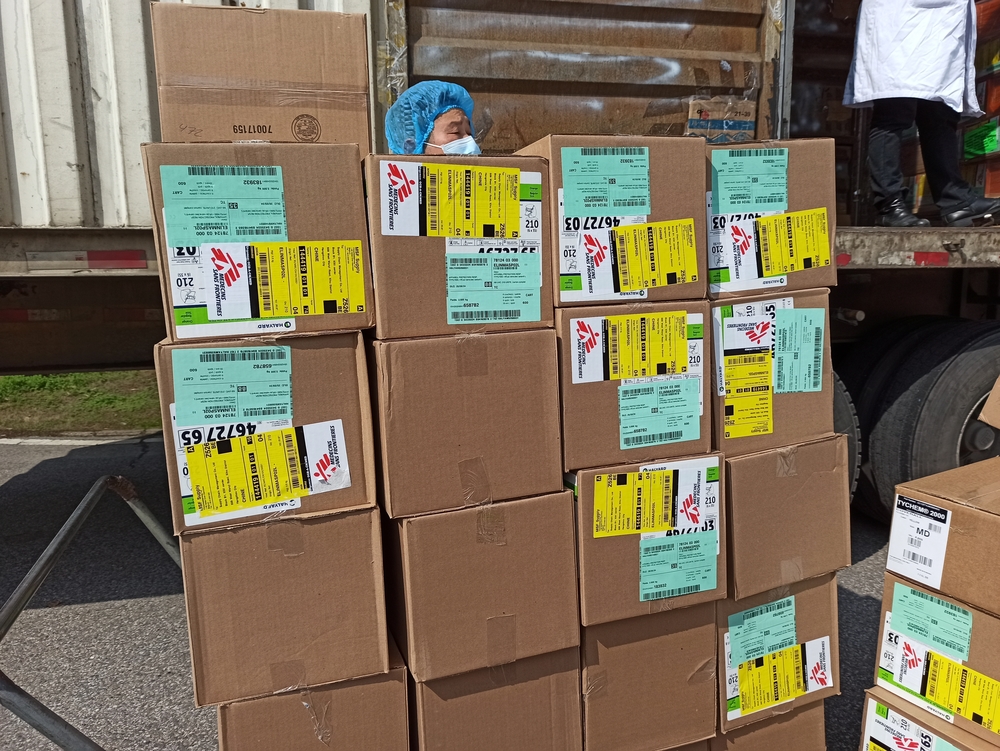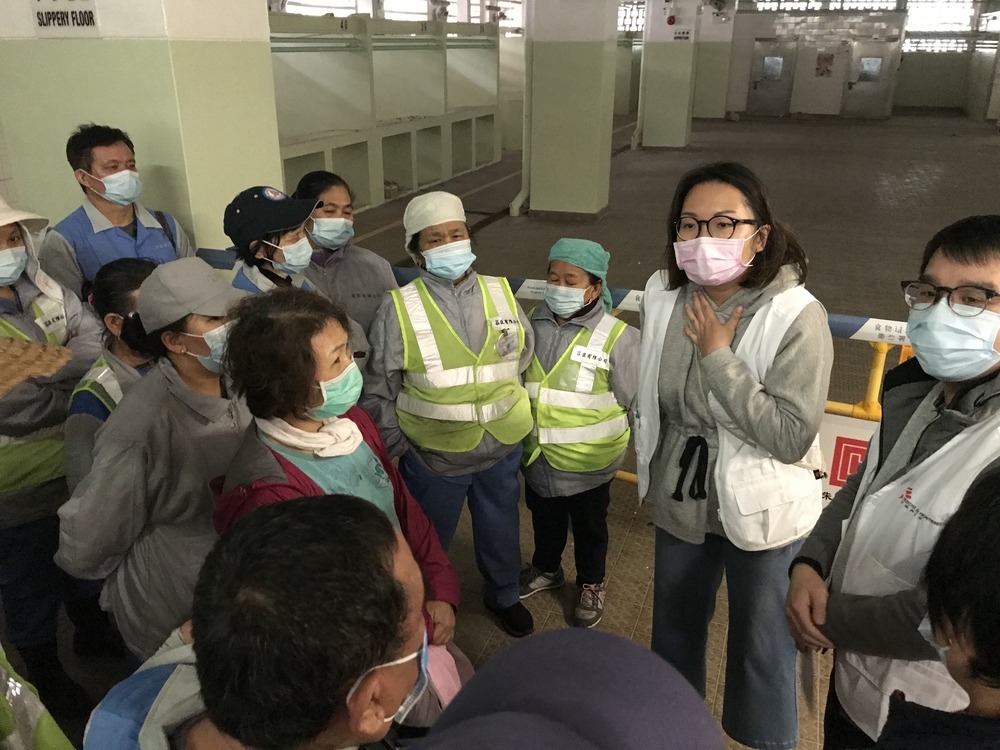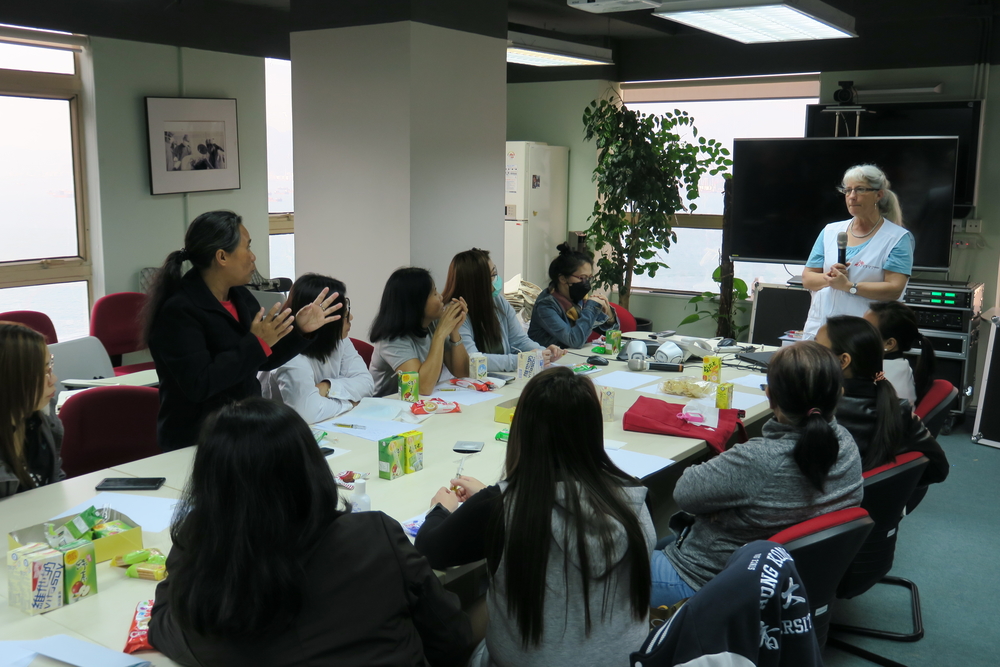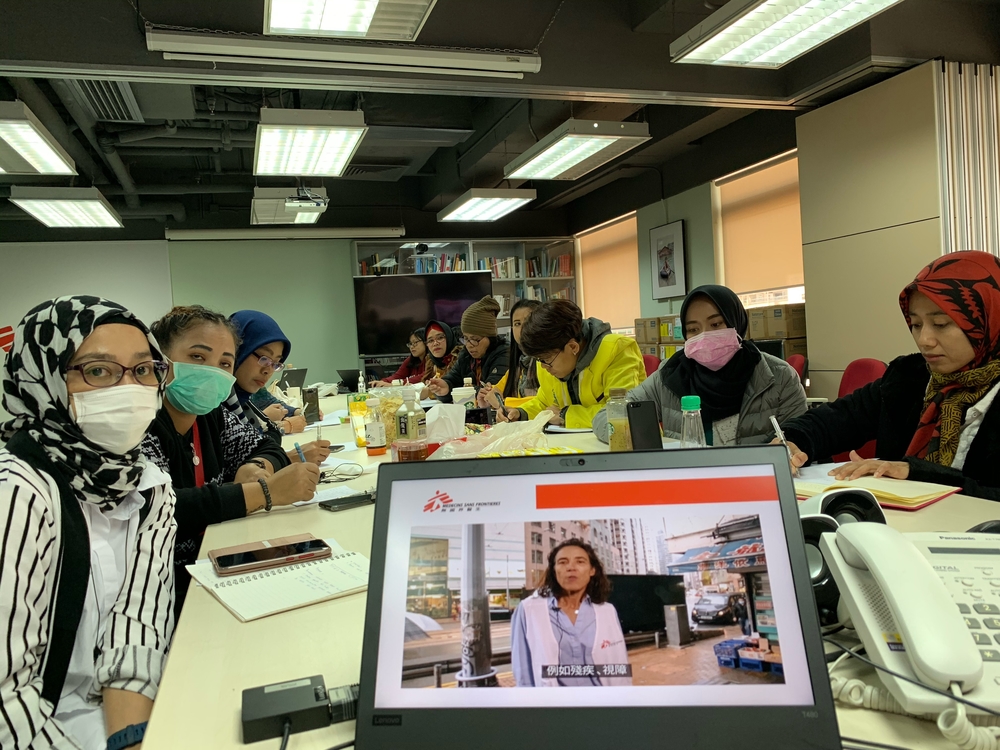The COVID-19 vaccine is the People’s Vaccine
It’s time for Big Pharma to do the right thing
In recent months, the arrival of COVID-19 vaccines has brought immense relief across Canada and around the world.
But as the current shortages of the vaccines make clear, no one company can produce all the doses of effective and safe vaccines needed to vaccinate the world’s entire population — and not quickly enough to stop the emergence and spread of more contagious new variants.
Most of the decision-making power of who gets first access to these vaccines remains in the hands of a few pharmaceutical companies: they determine what prices they set and who they will sell to first.
Worse still, this shortage of vaccine supply is an avoidable crisis.
By asserting their intellectual property over COVID-19 vaccines — much of which has been paid for through generous public and charitable funding of research, development and manufacturing — pharmaceutical companies are standing in the way of much more rapid vaccine manufacturing by more affordable drug producers.
Effectively, they are putting profits before lives. High prices and limited access to the vaccines means that only the wealthiest countries have easy access to them. That means the coronavirus pandemic will take much longer to end, and many more people will get sick and die.
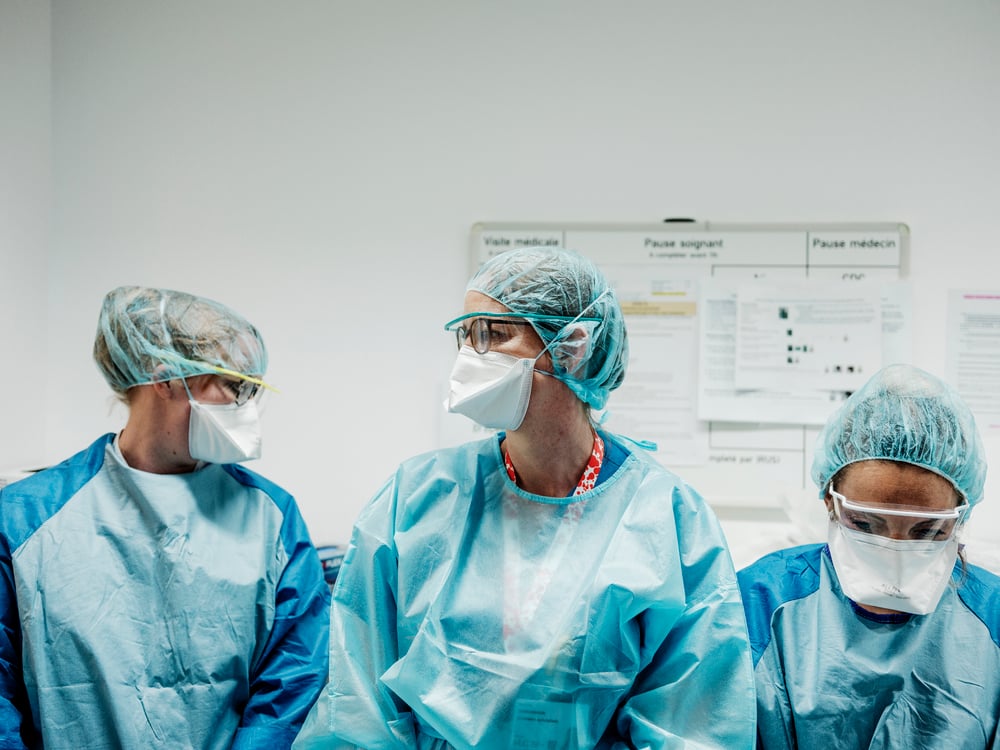
p>
No profiteering in a pandemic
Rarely before have we been in the position in which the entire globe is trying to secure the same new vaccines at the same time. This unprecedented global challenge posed by COVID-19 requires a united global response.
To address the shortage, mobilizing and upgrading production capacity everywhere is essential to ensure a maximum number of doses can be manufactured and equitably distributed at the lowest possible price to every corner of the globe — for both Canadians and everyone around the world.
This, in turn, requires pharmaceutical companies to share technology, know-how, biological material and intellectual property with other qualified producers and to do so quickly
Companies such as Moderna, Pfizer, BioNTech, AstraZeneca, Novavax and Johnson & Johnson — who are leading COVID-19 vaccine production — face a choice: either defend their monopoly power and deny hundreds of millions of people rapid access to these lifesaving vaccines, or commit to a People’s Vaccine by increasing access, supply and affordability of the COVID-19 for all people in all countries.
We’re calling on all pharmaceutical companies to choose lives over profits — and do their part to help end the COVID-19 pandemic for everyone.
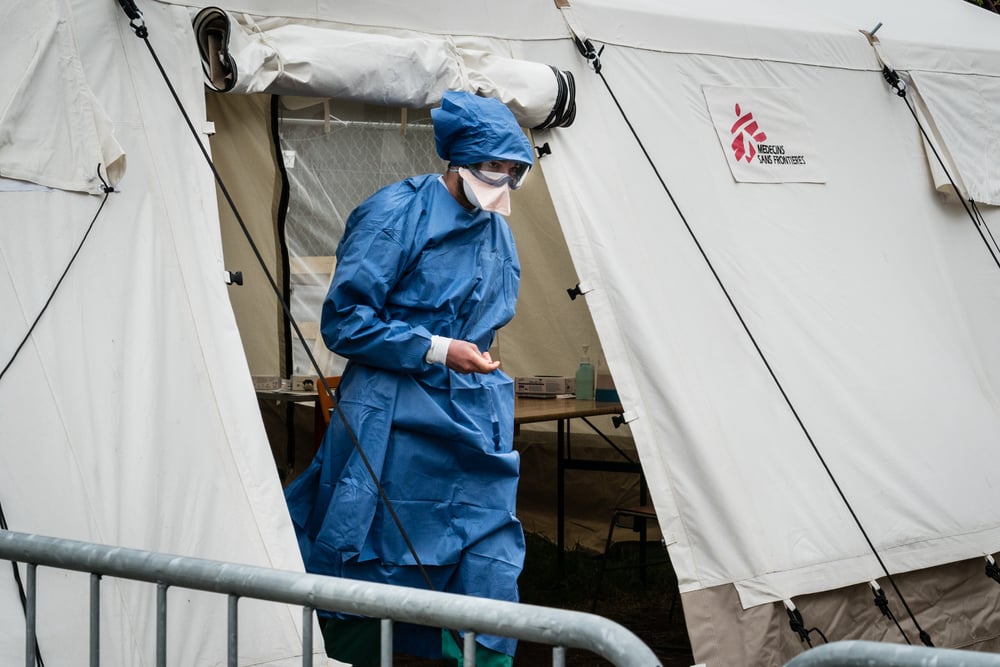
rong>
Take action now
This is not business as usual. Ensuring fair and equitable access to these lifesaving vaccines is our next major challenge — one that will require unprecedented cooperation and knowledge-sharing within the pharmaceutical industry.
That’s why Doctors Without Borders/Médecins Sans Frontières (MSF) is calling on the CEOs of Moderna, Pfizer, BioNTech, AstraZeneca, Novavax and Johnson & Johnson — leading producers of COVID-19 technologies — to commit to fair and equitable vaccine access for all people in all countries.
